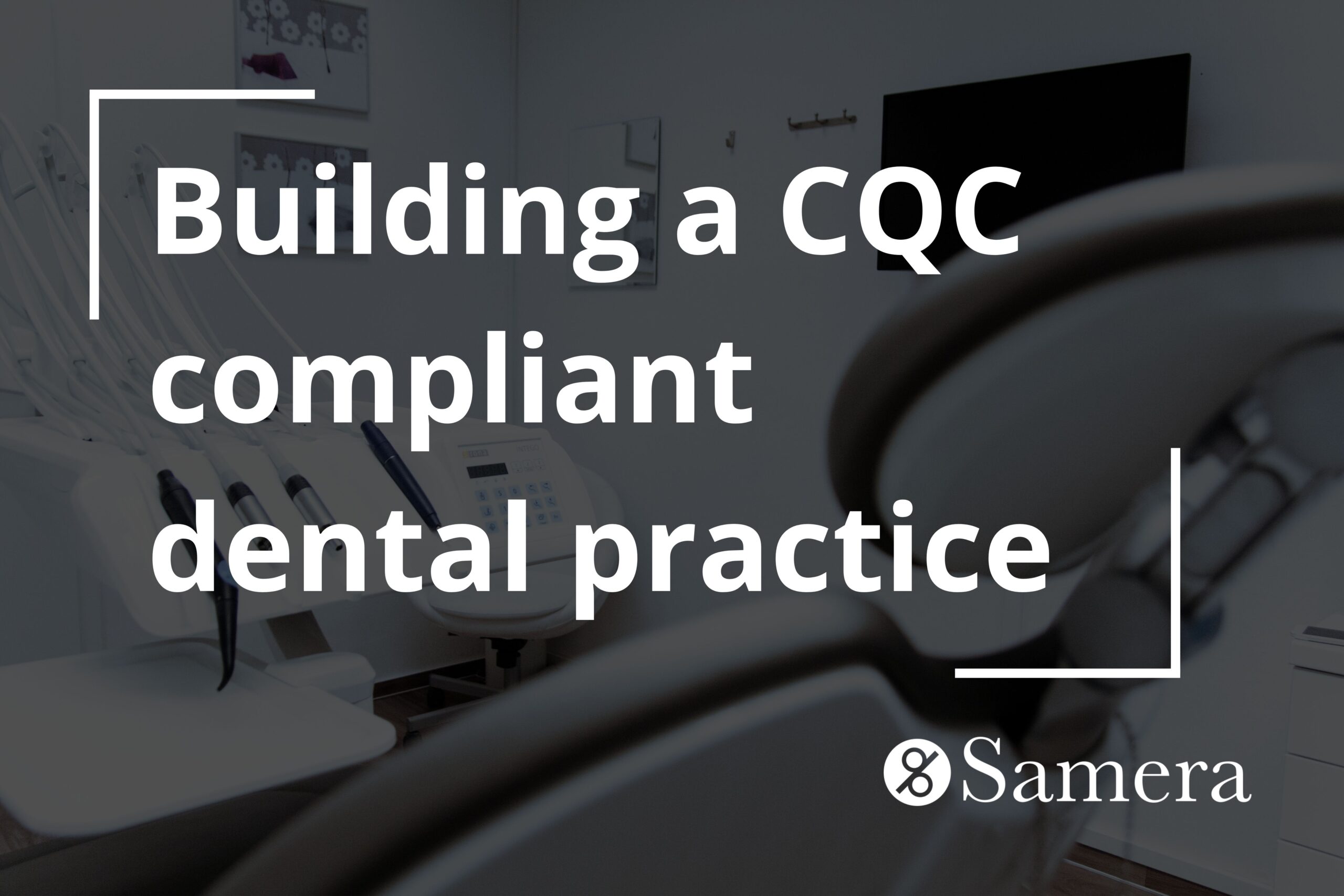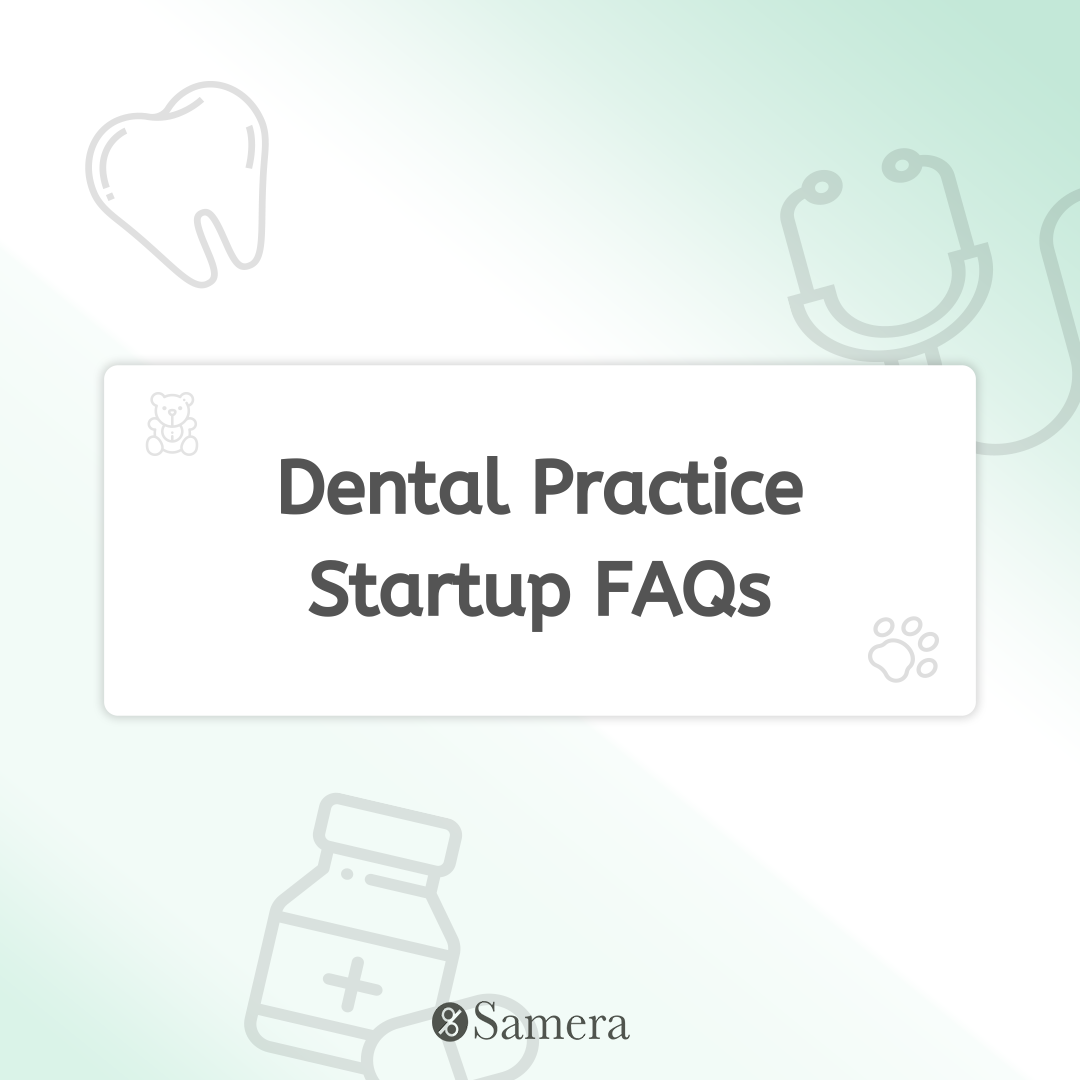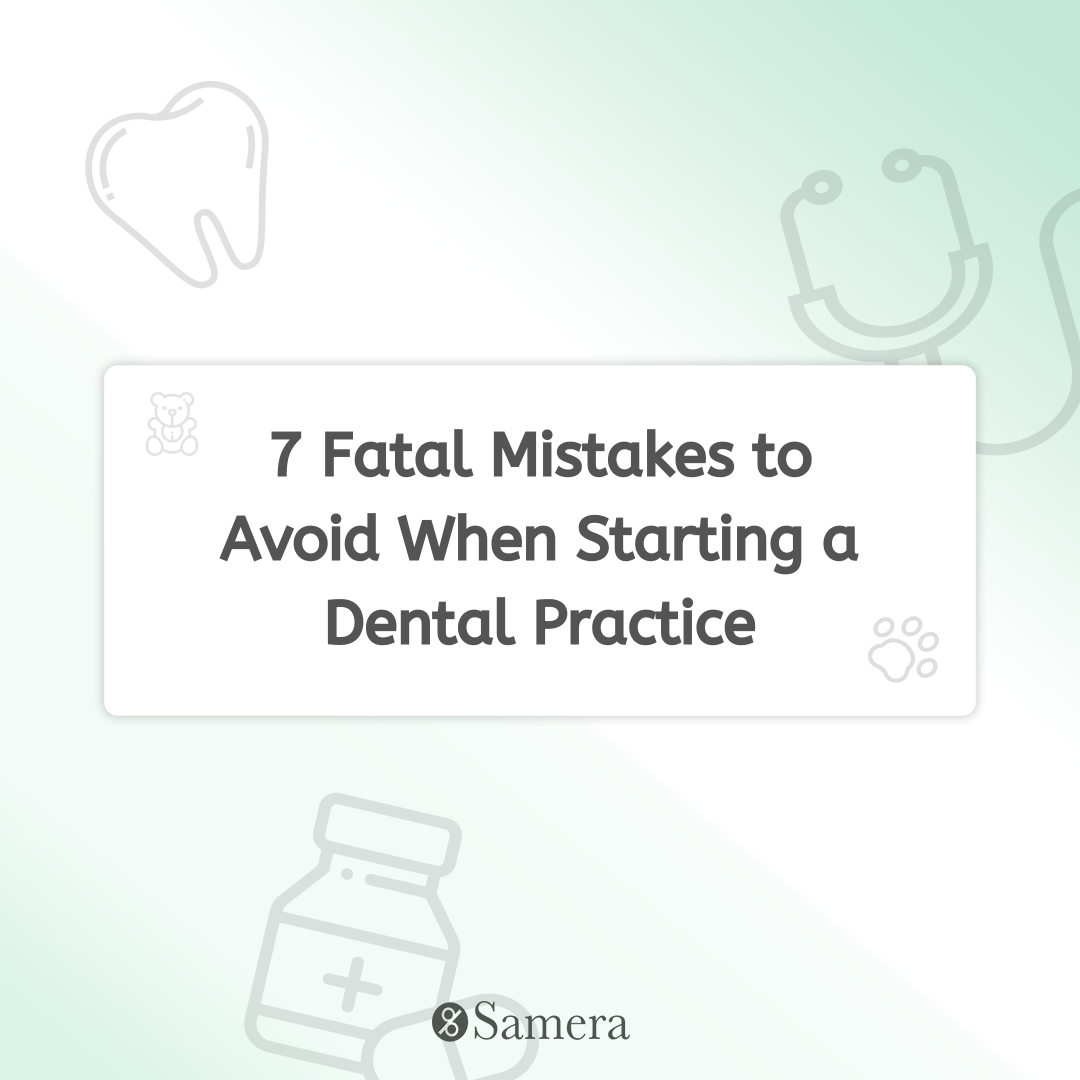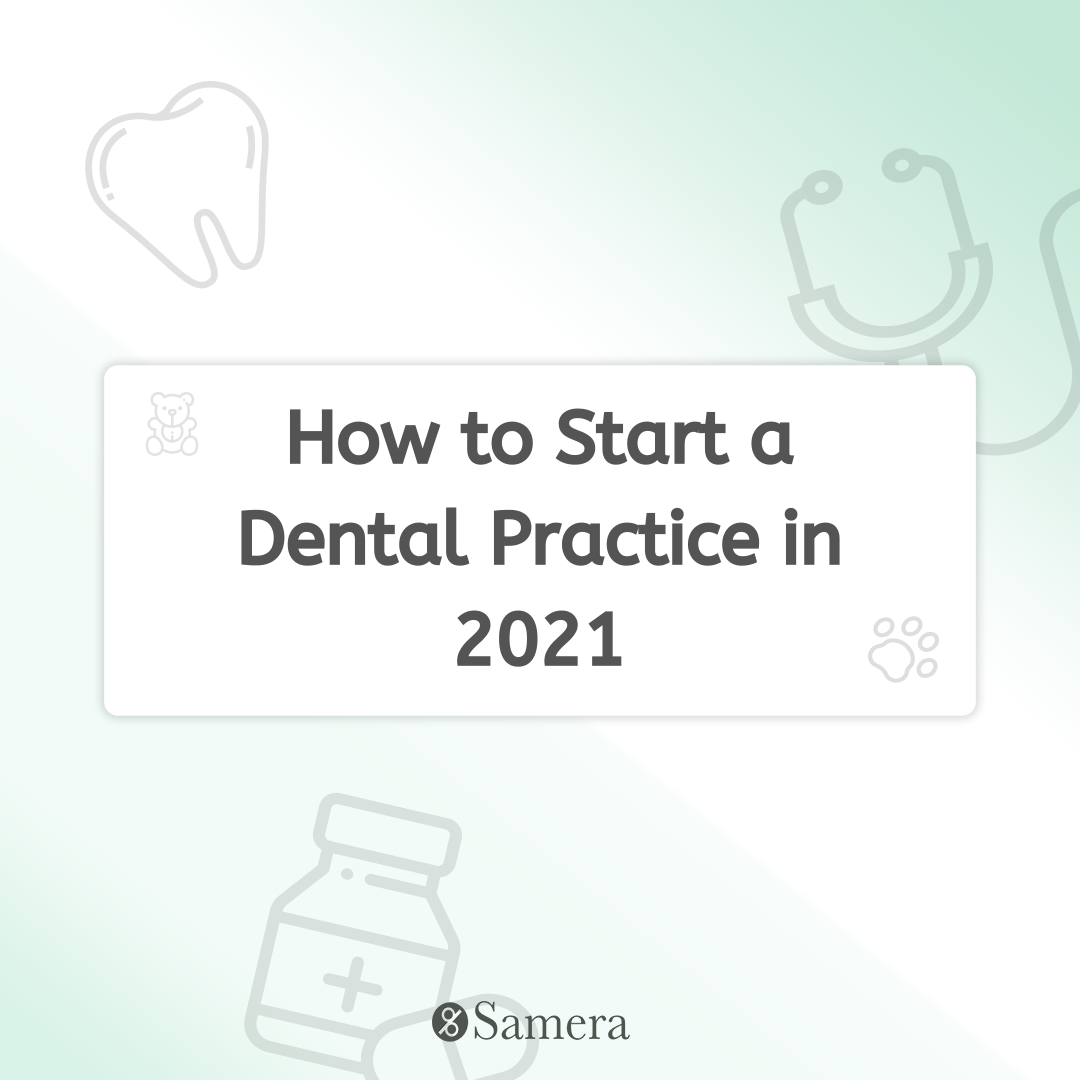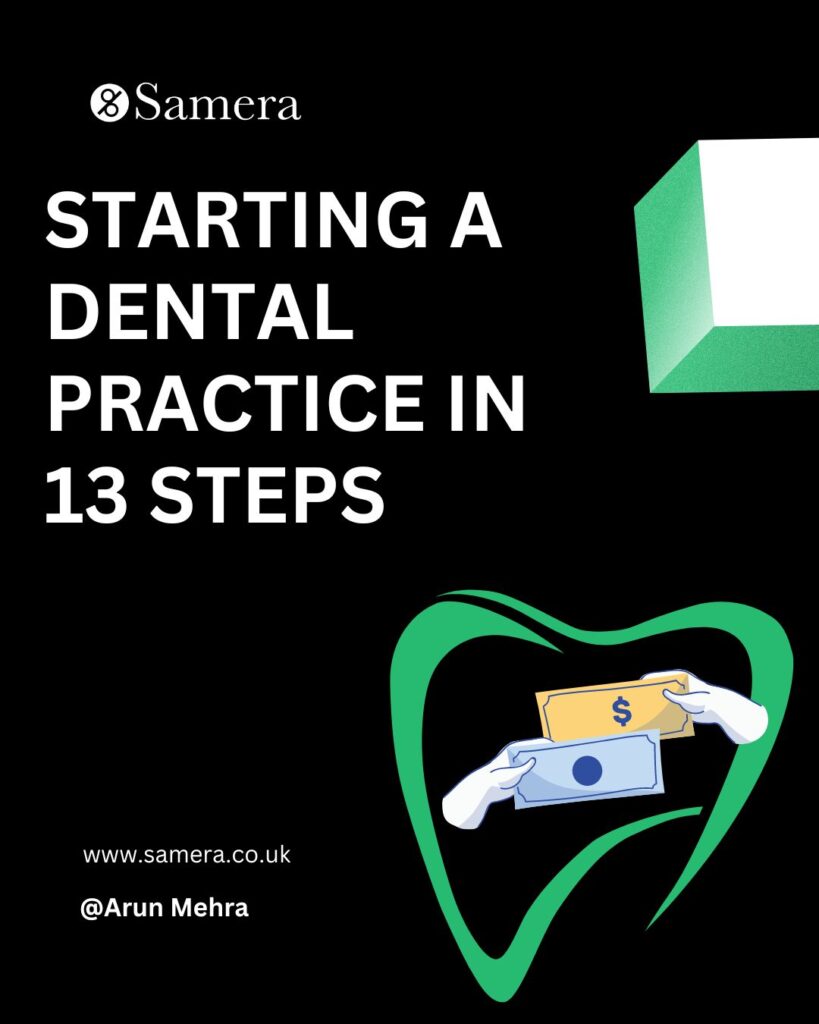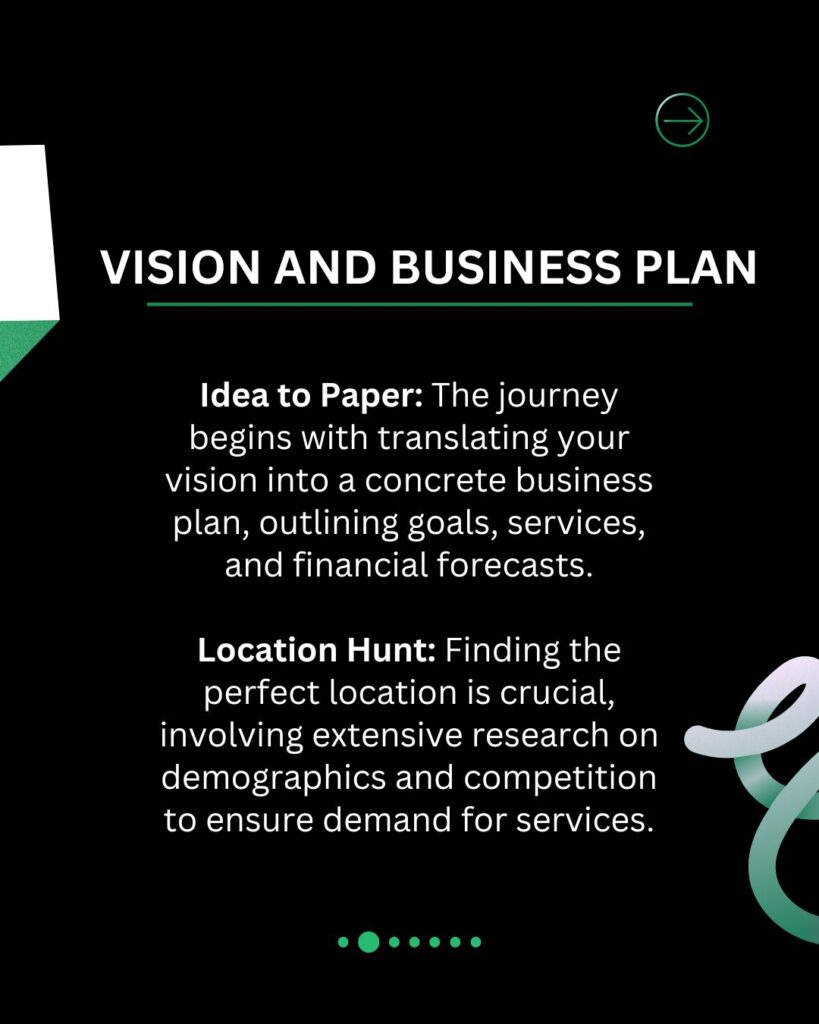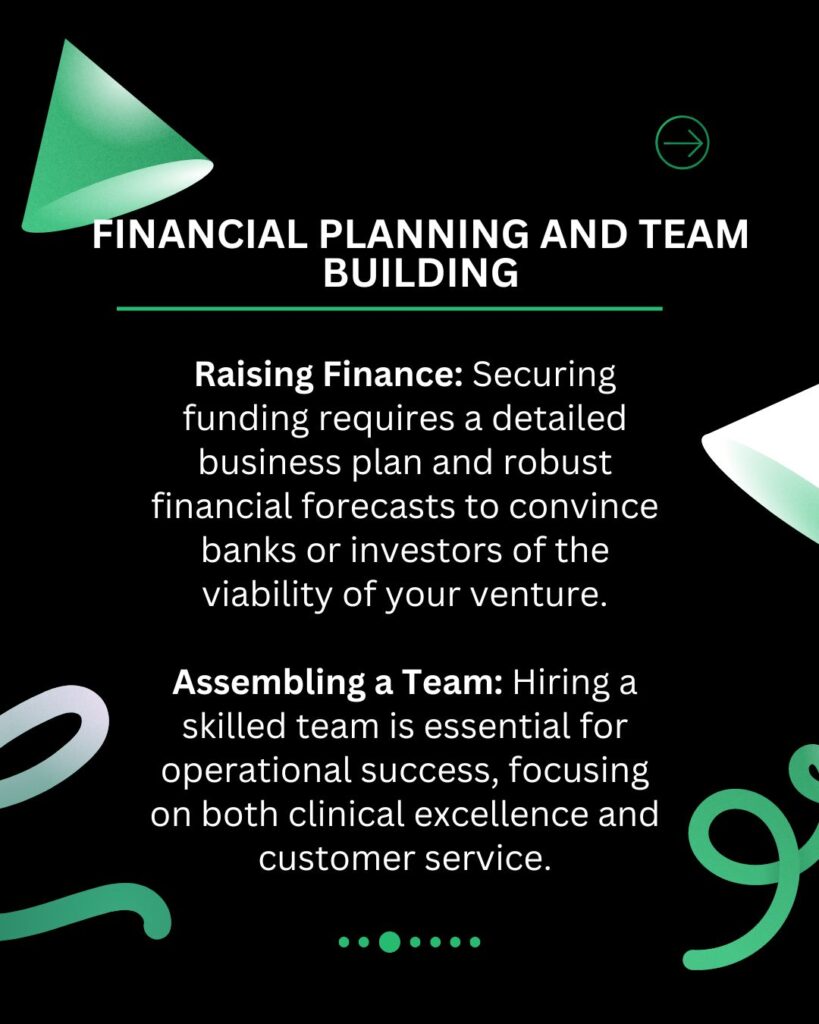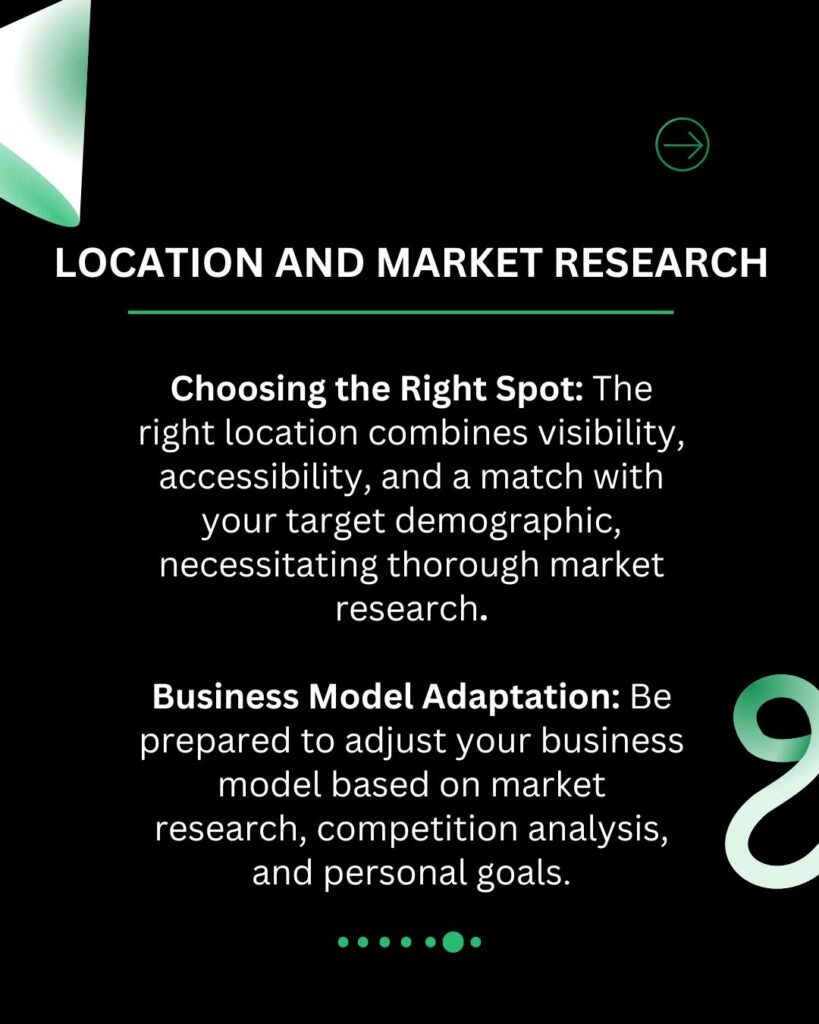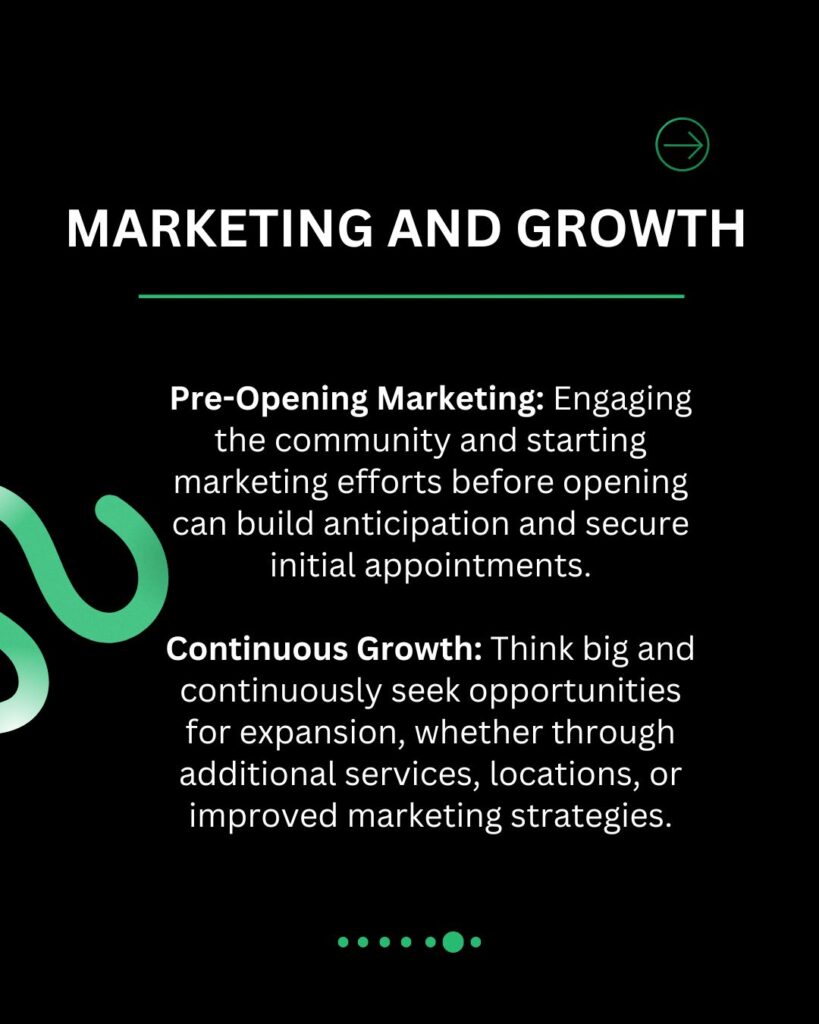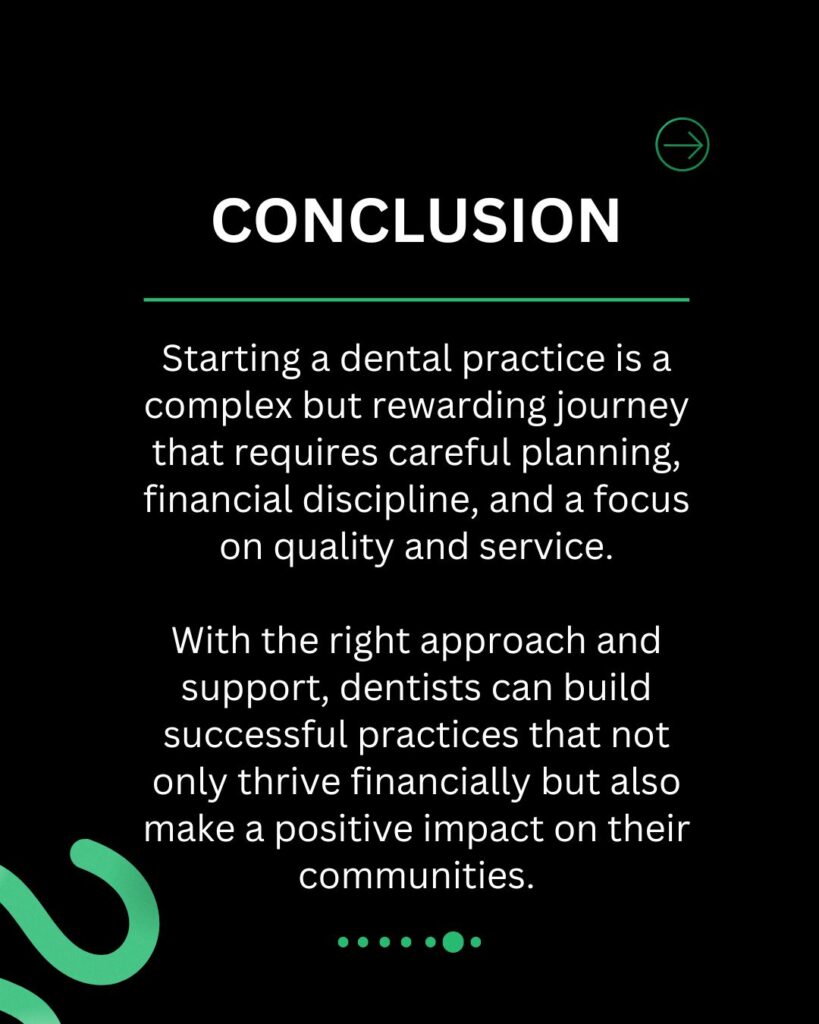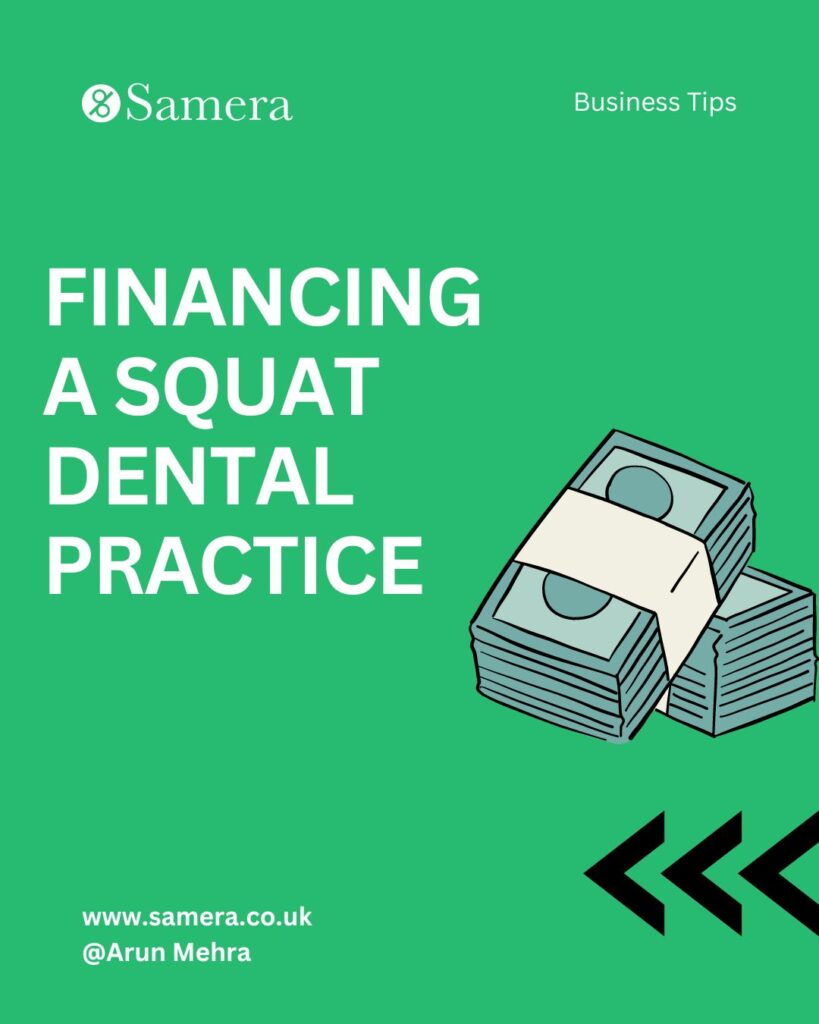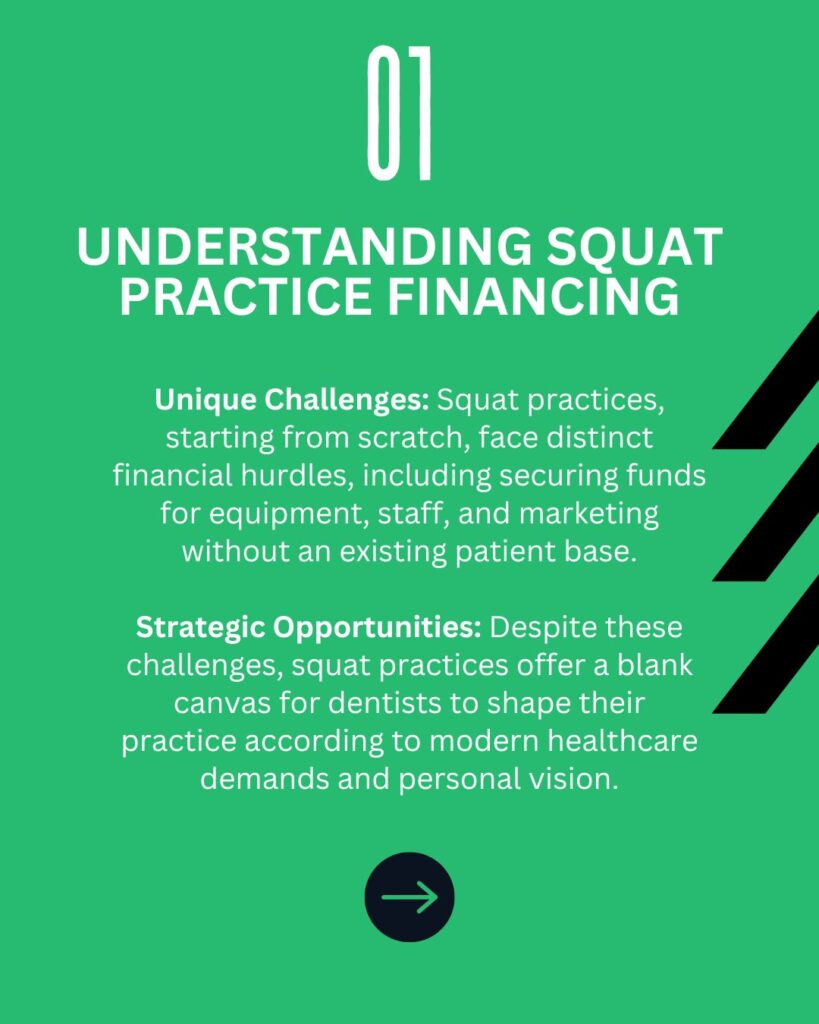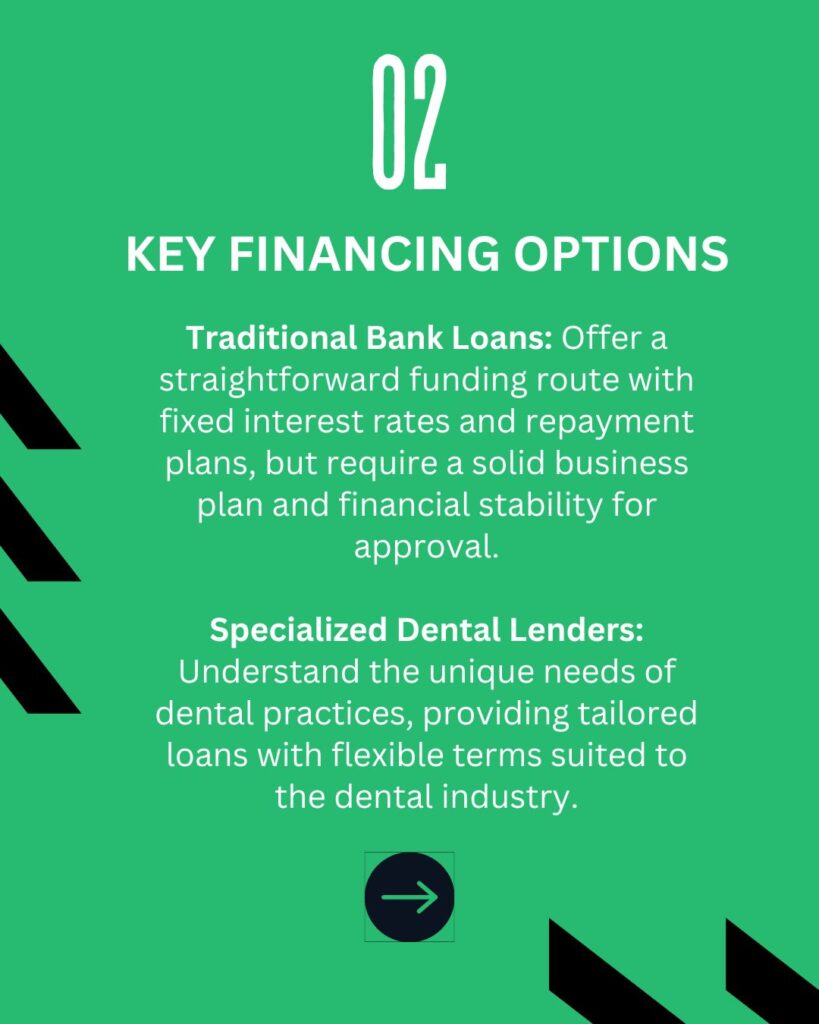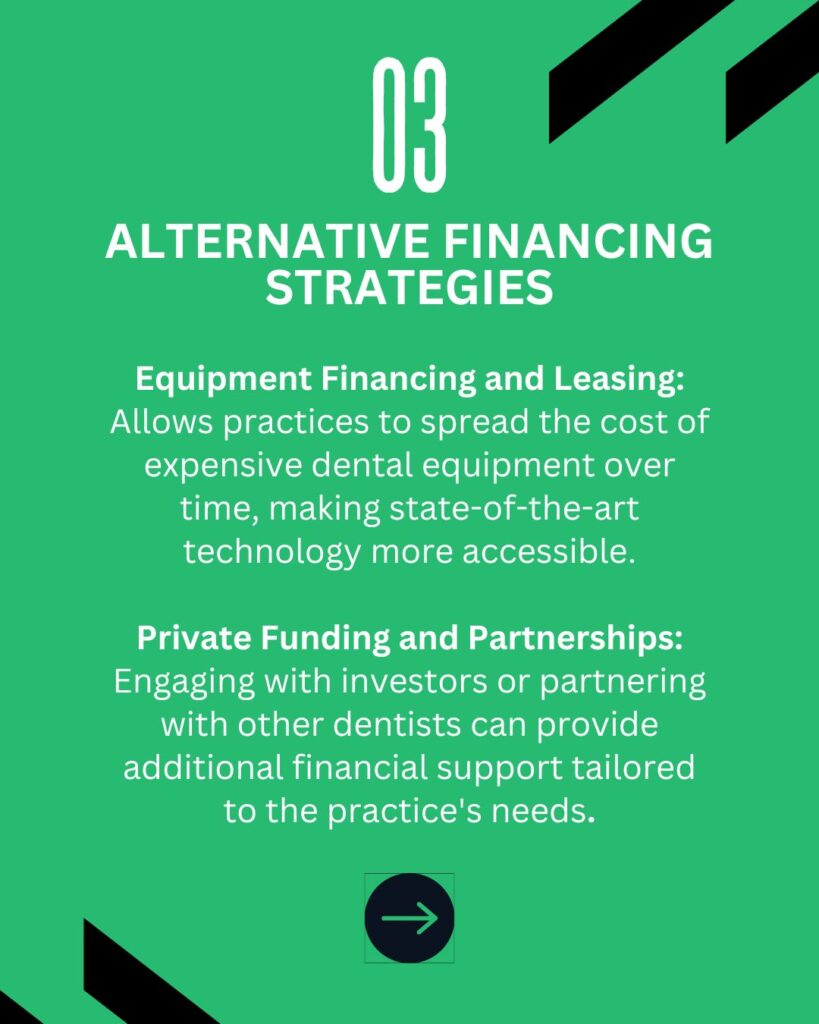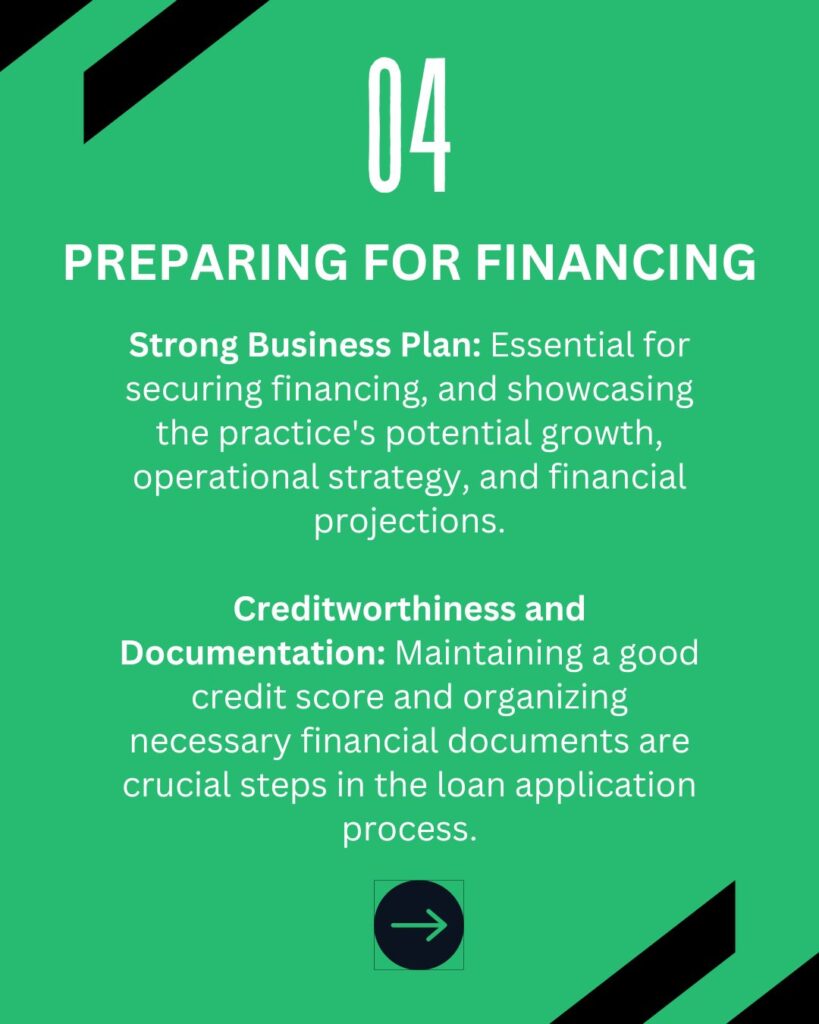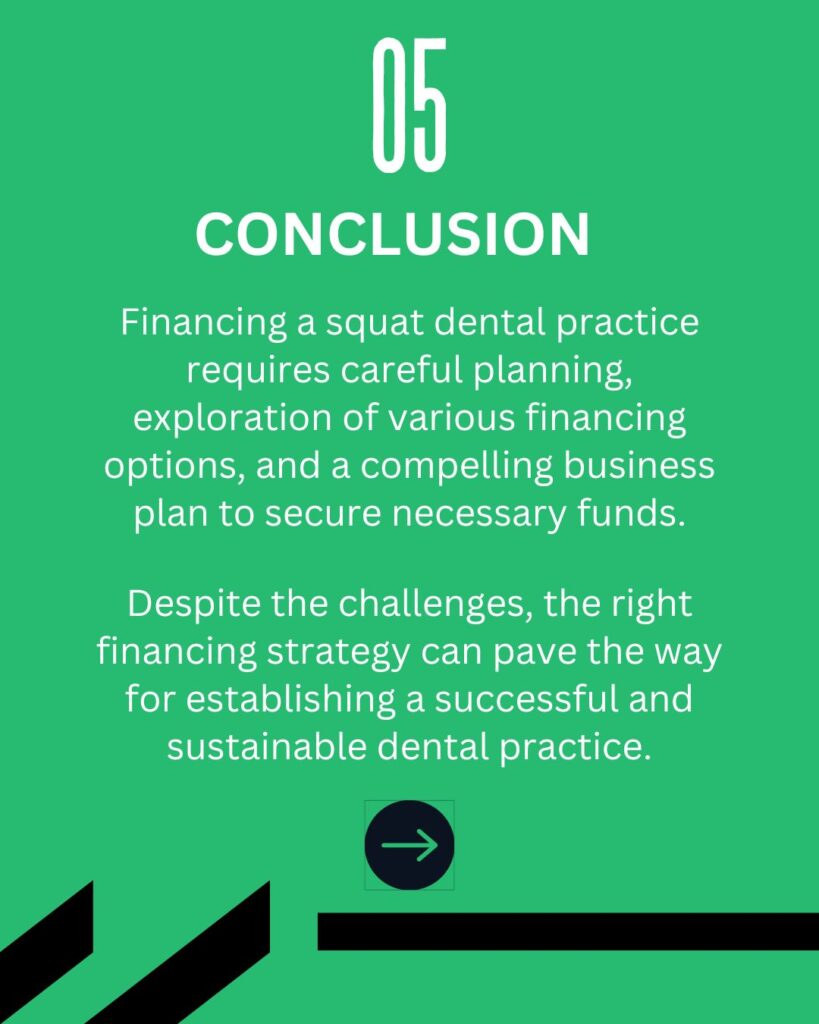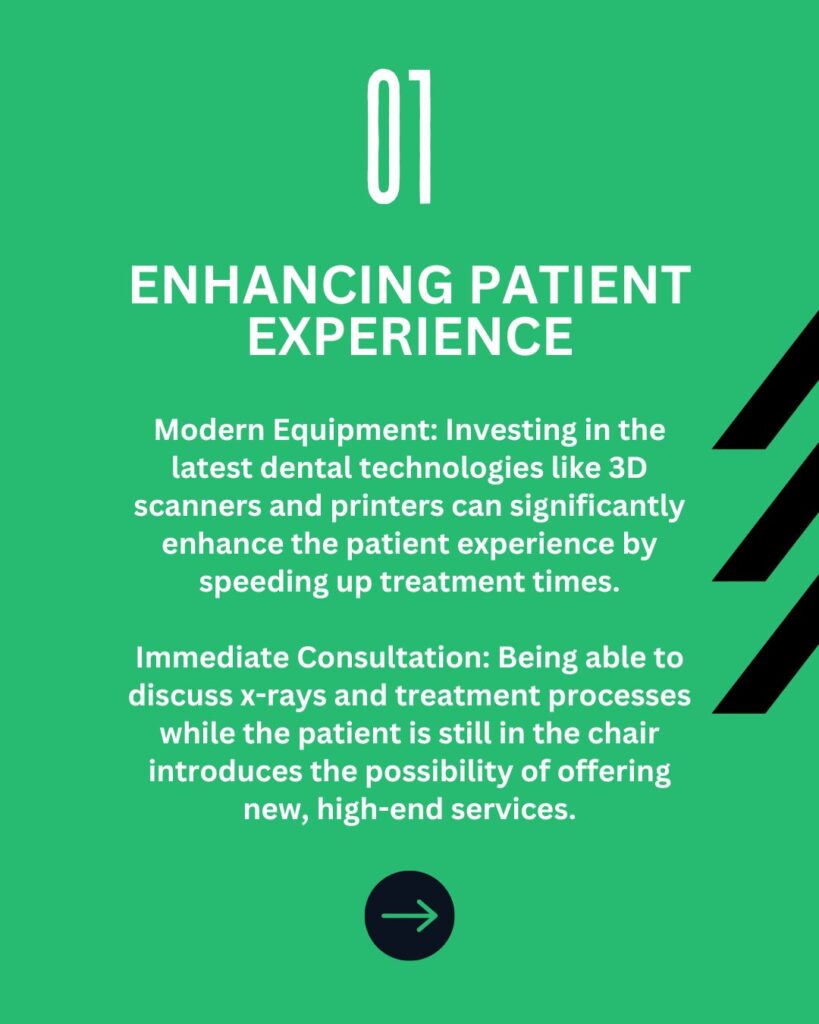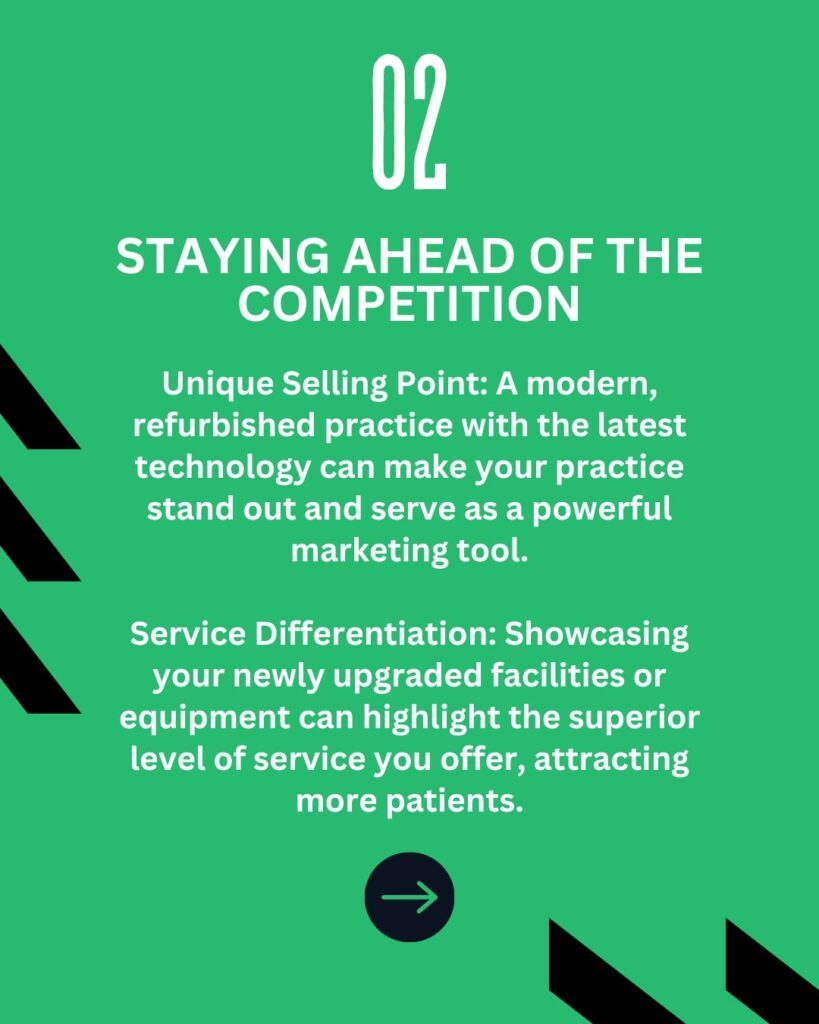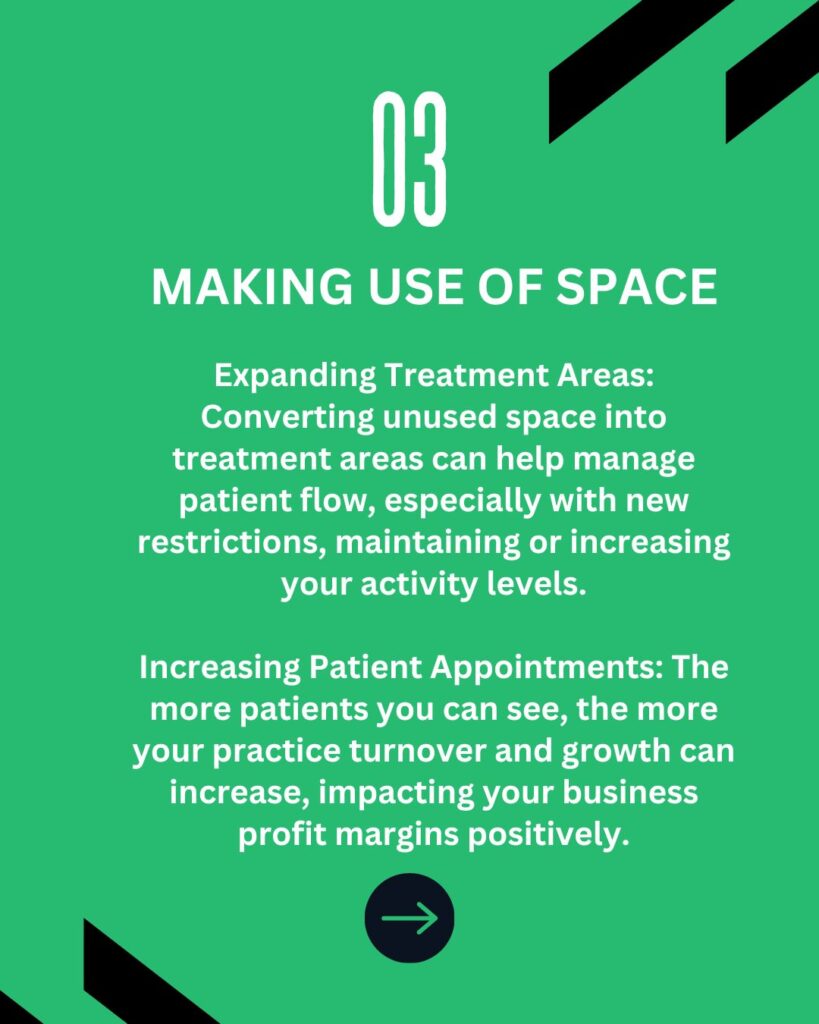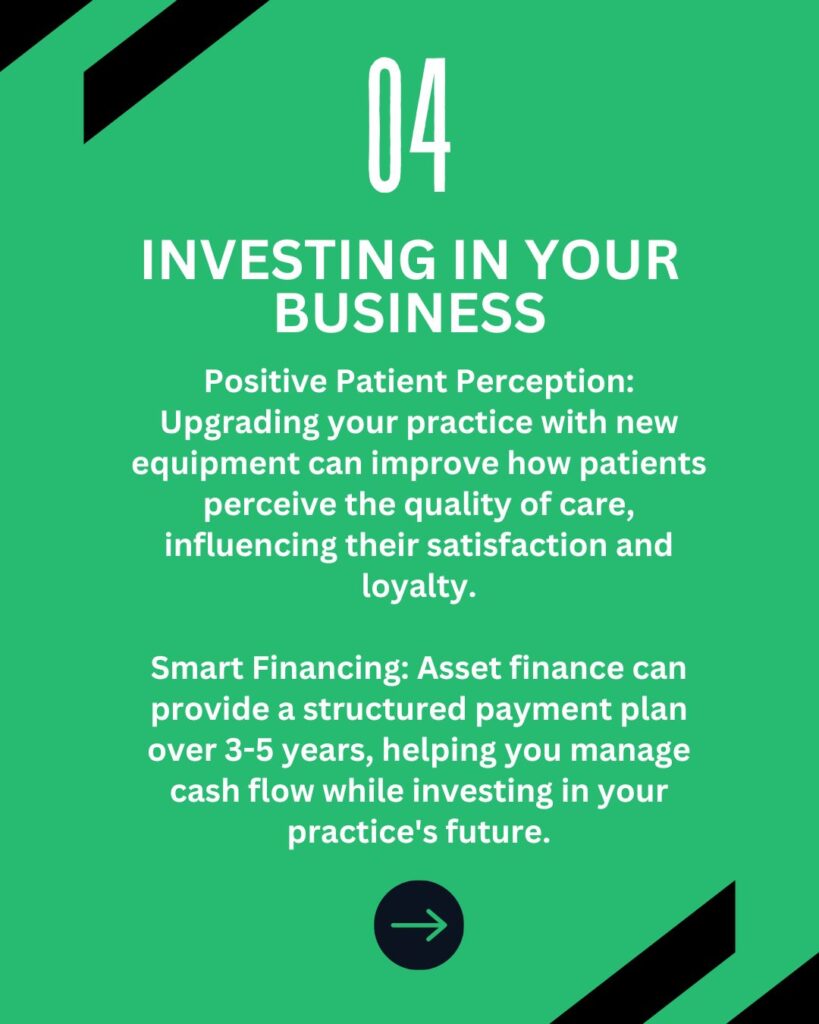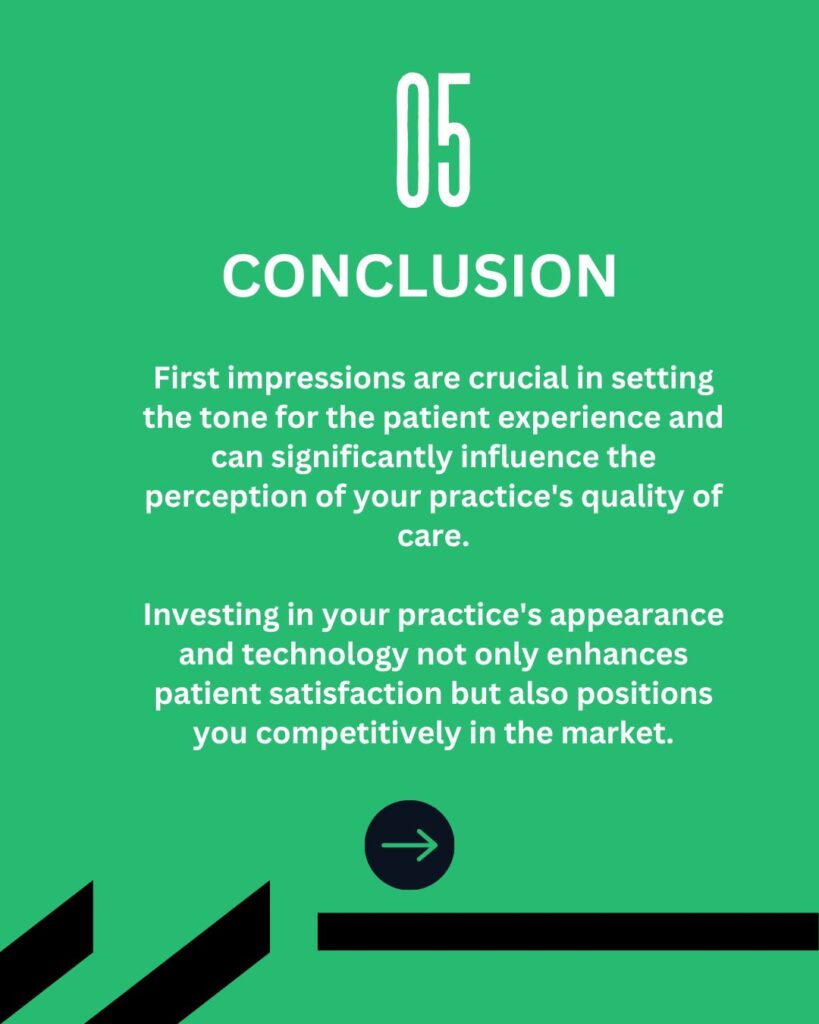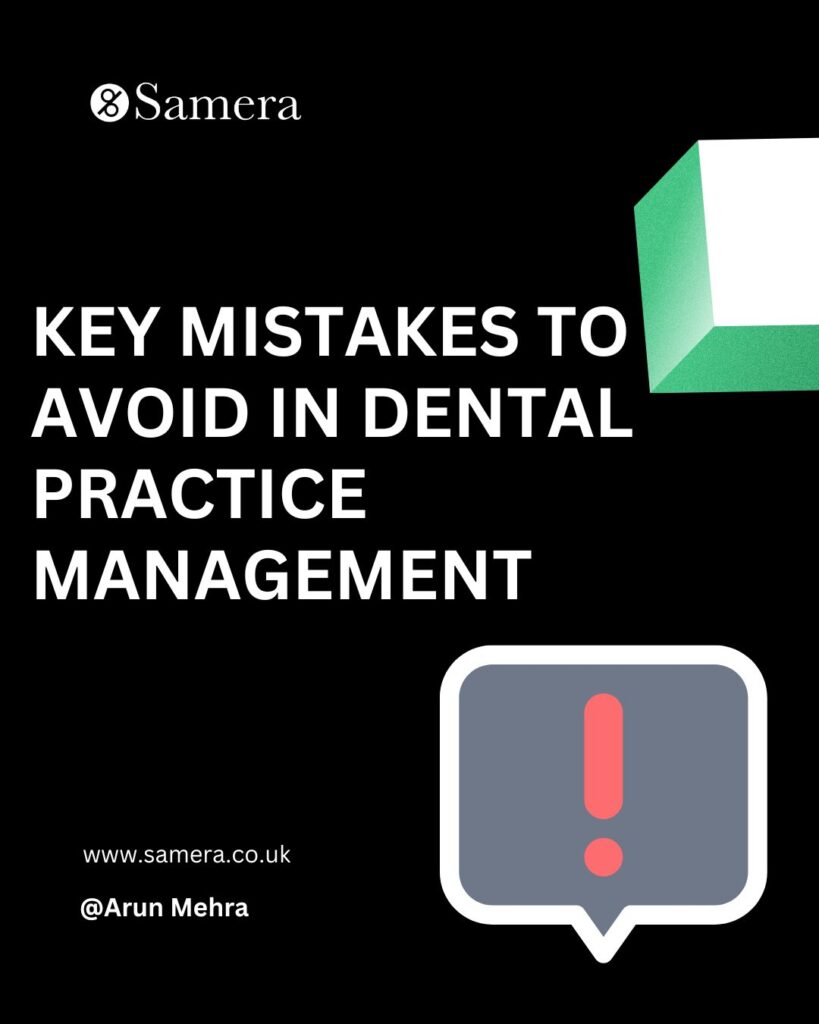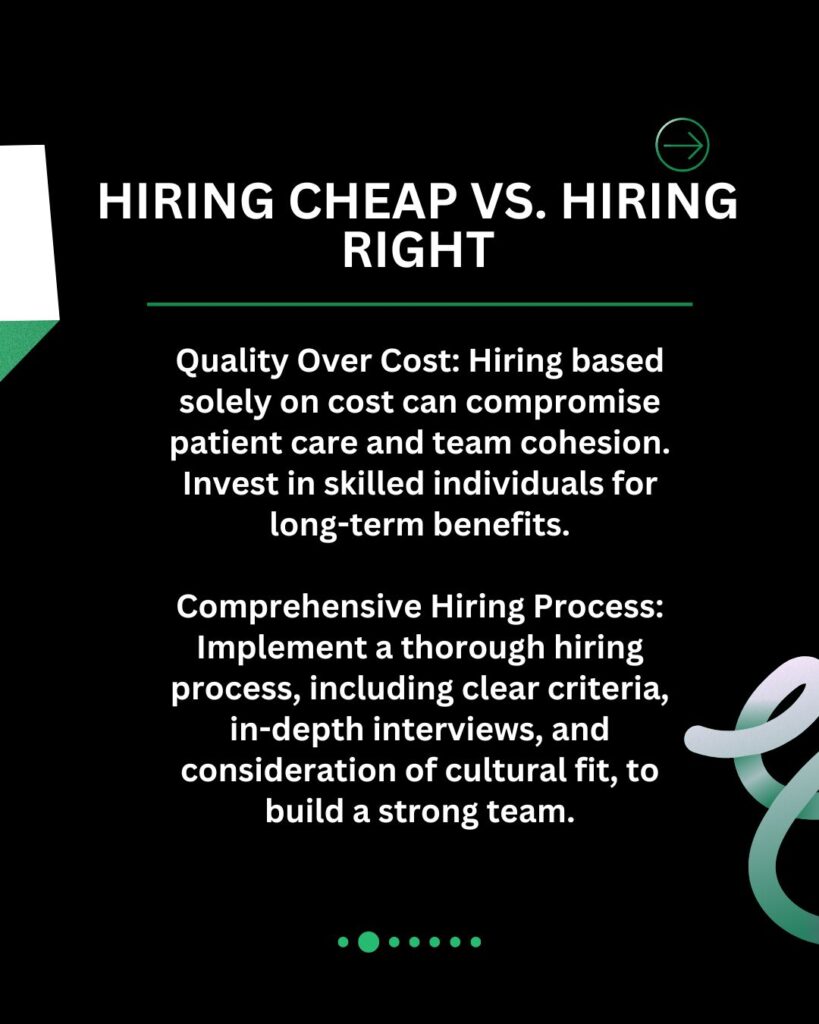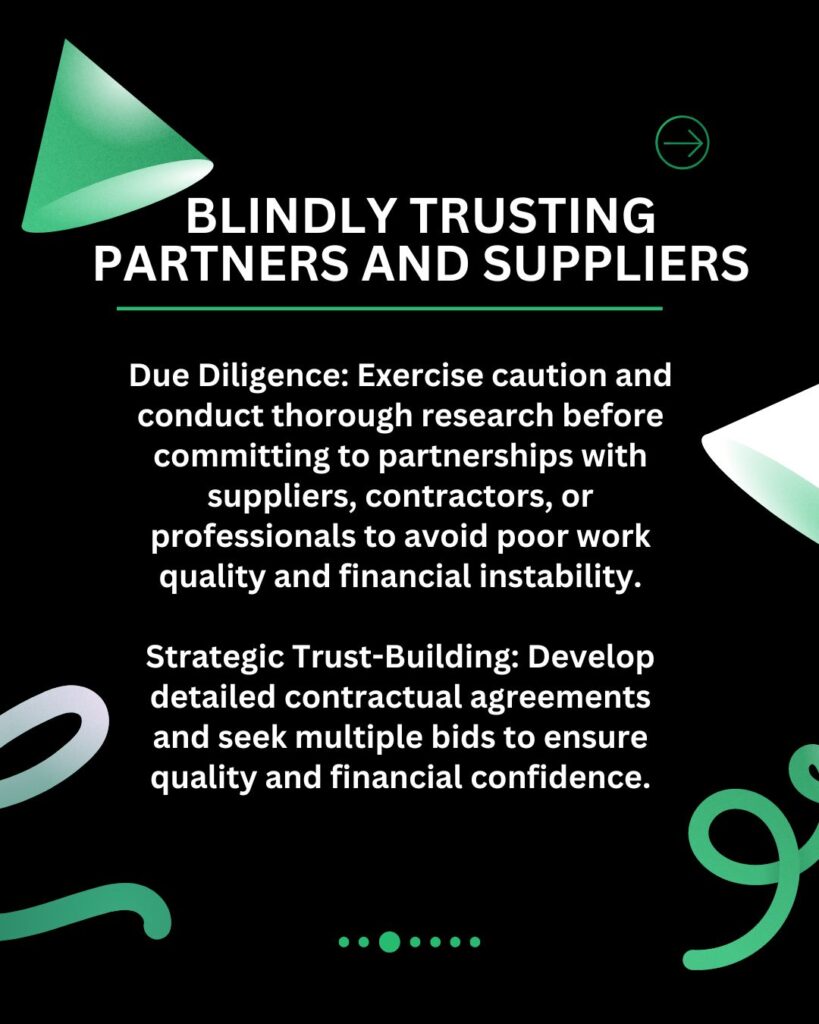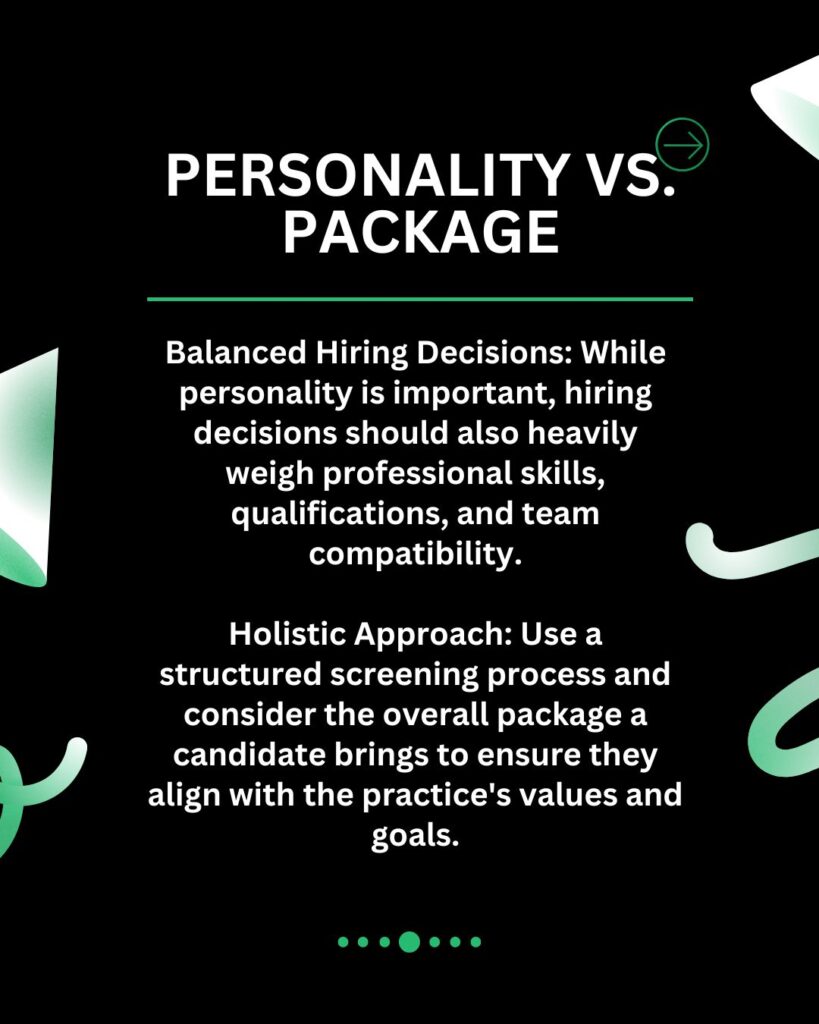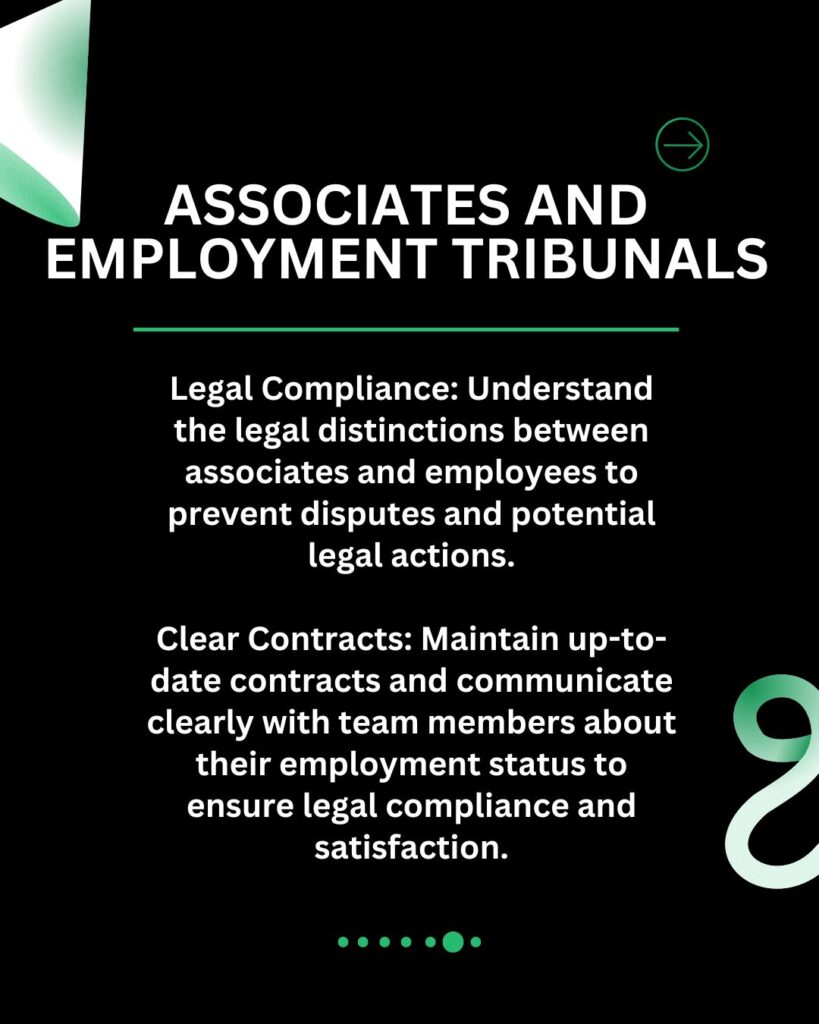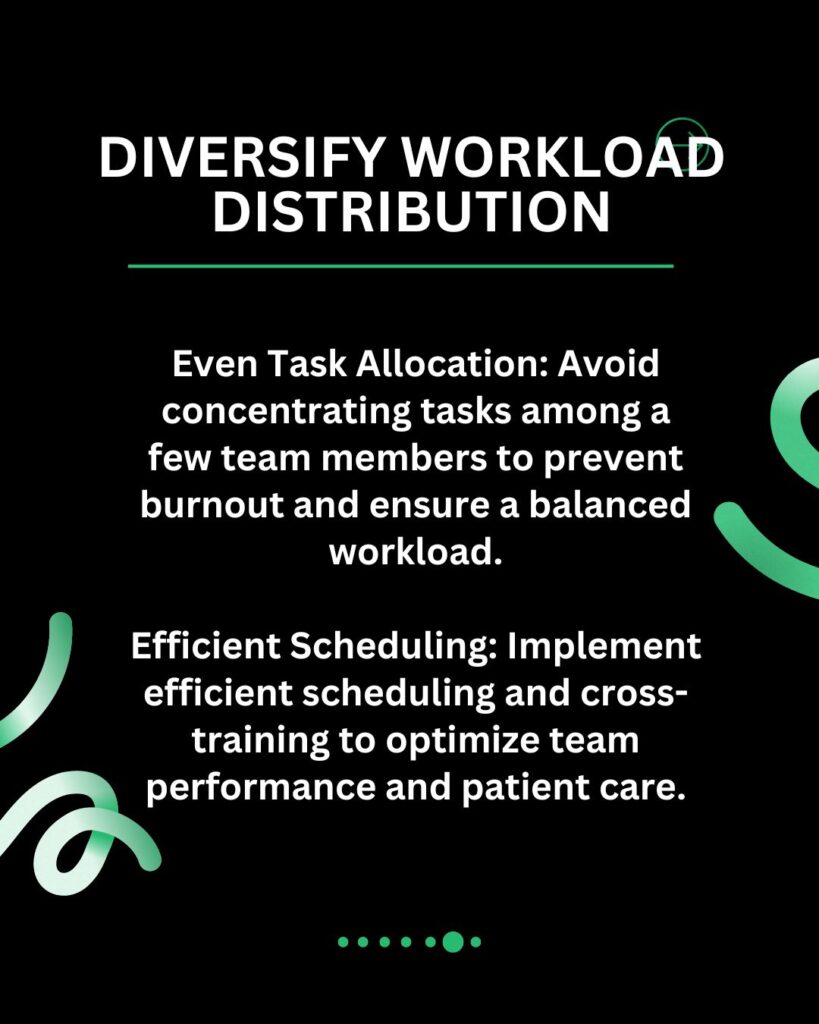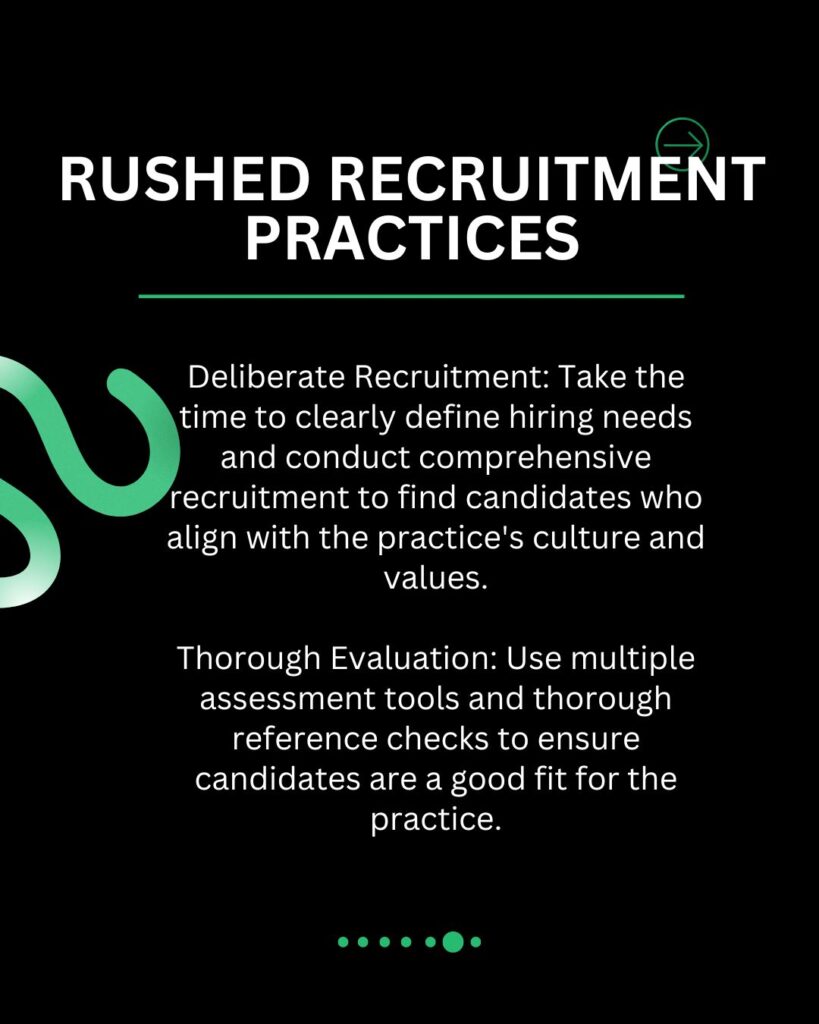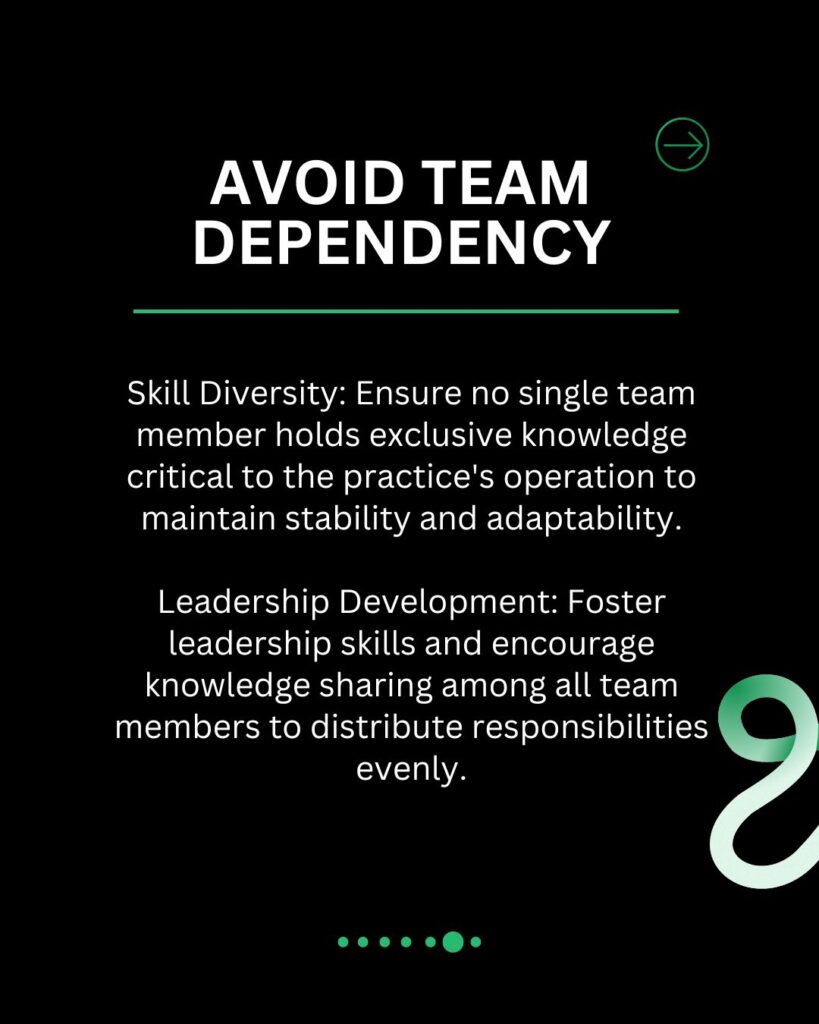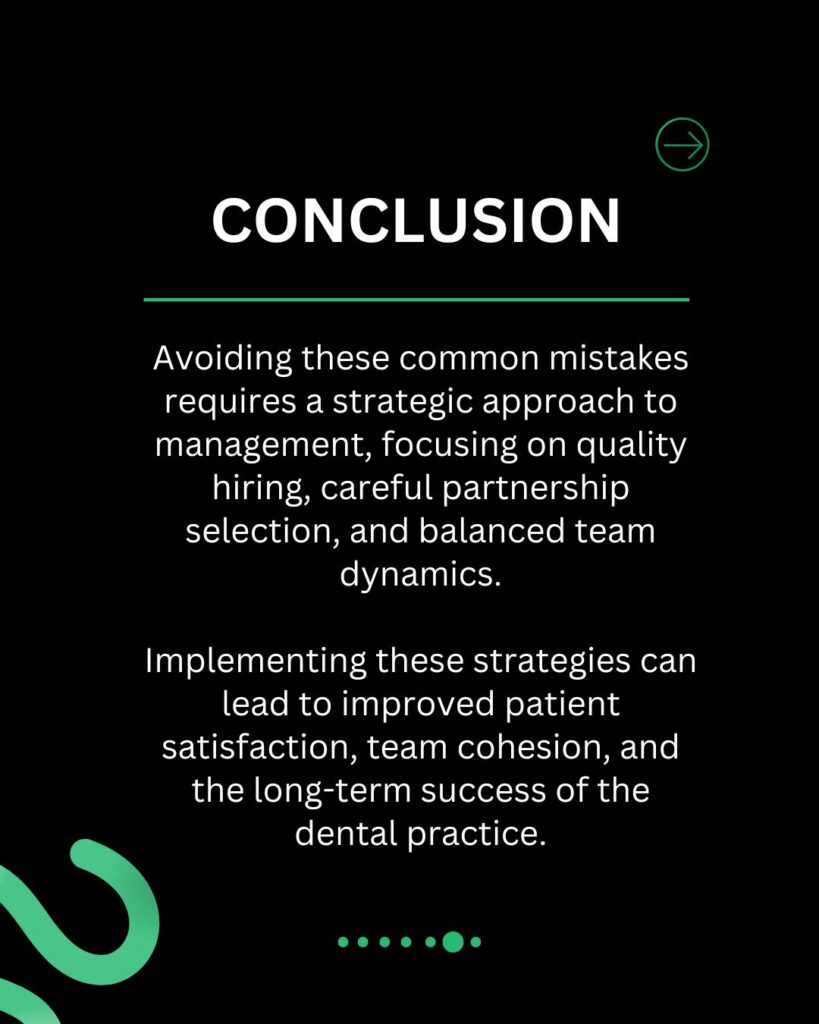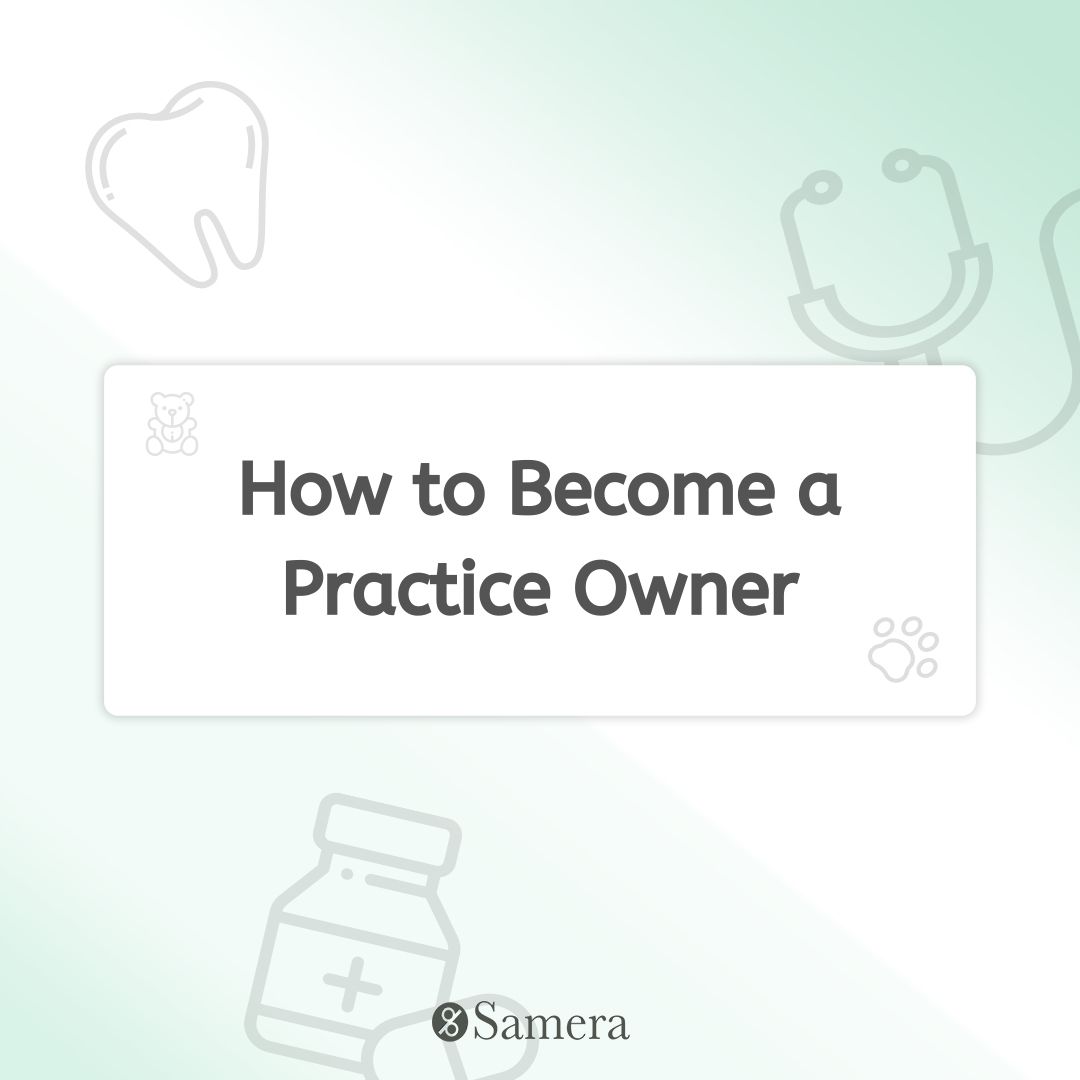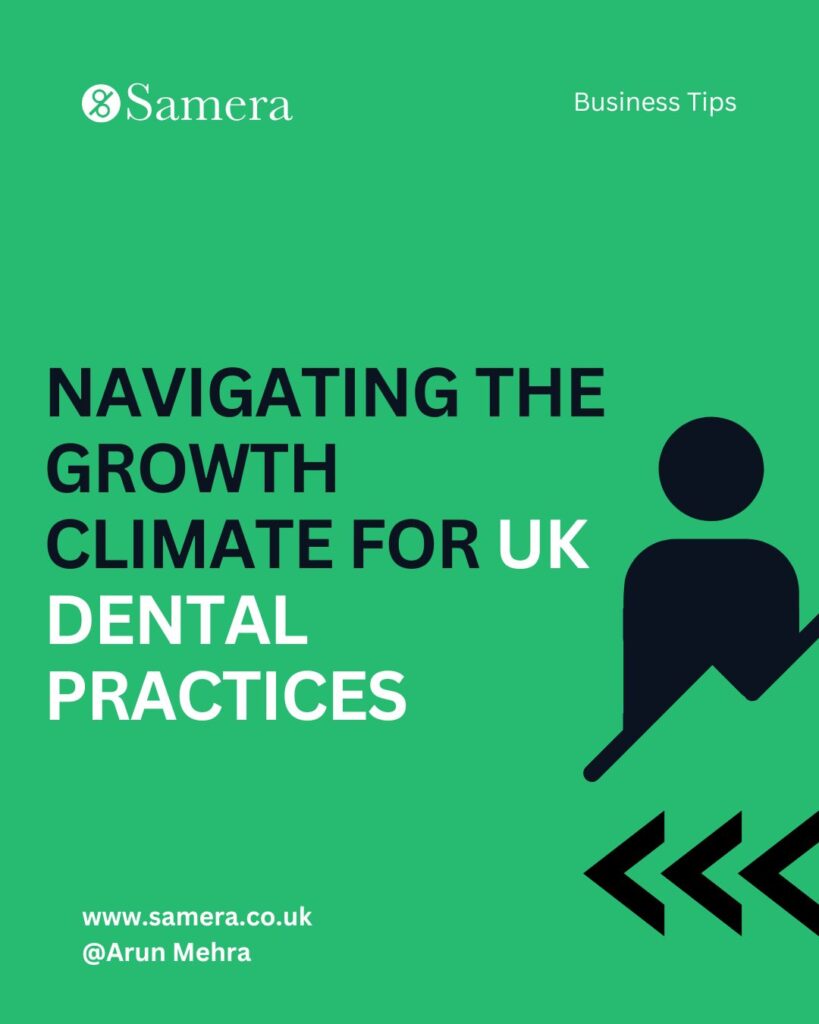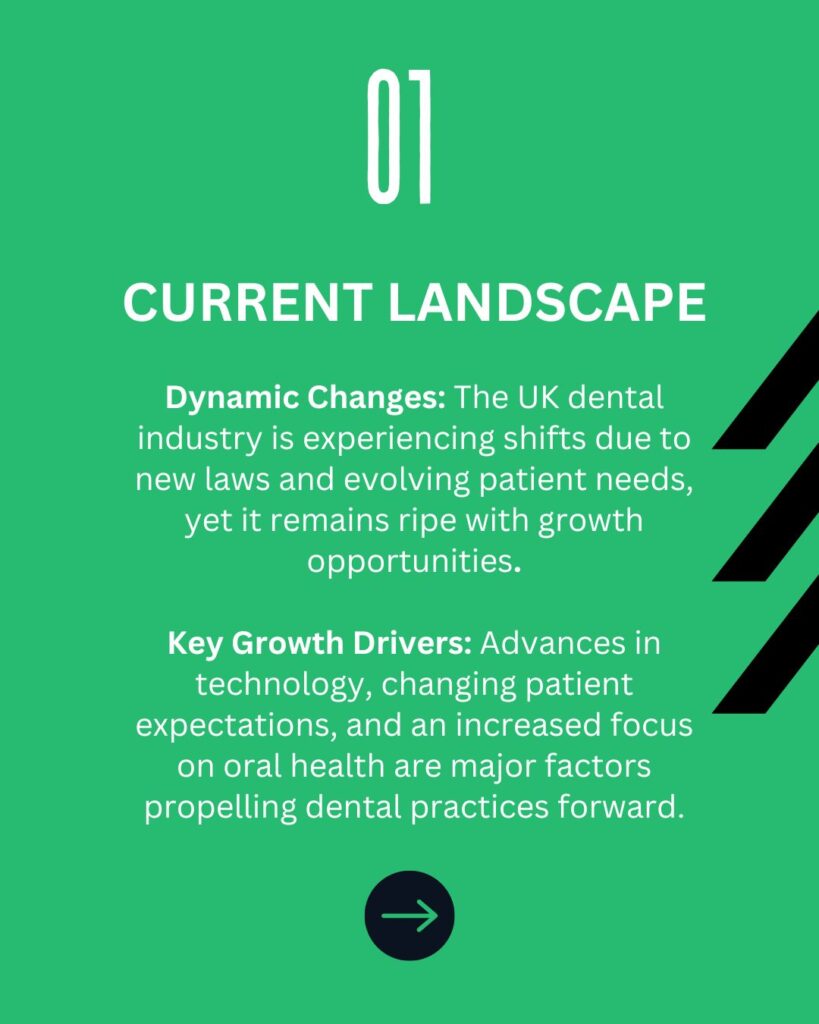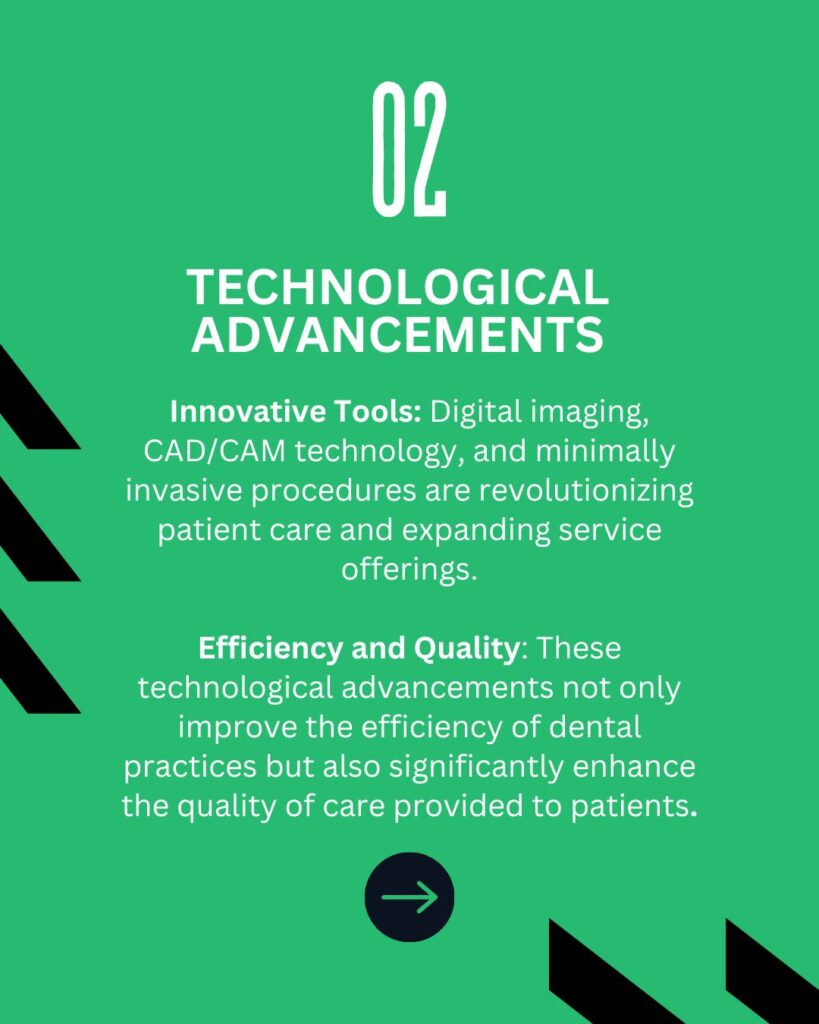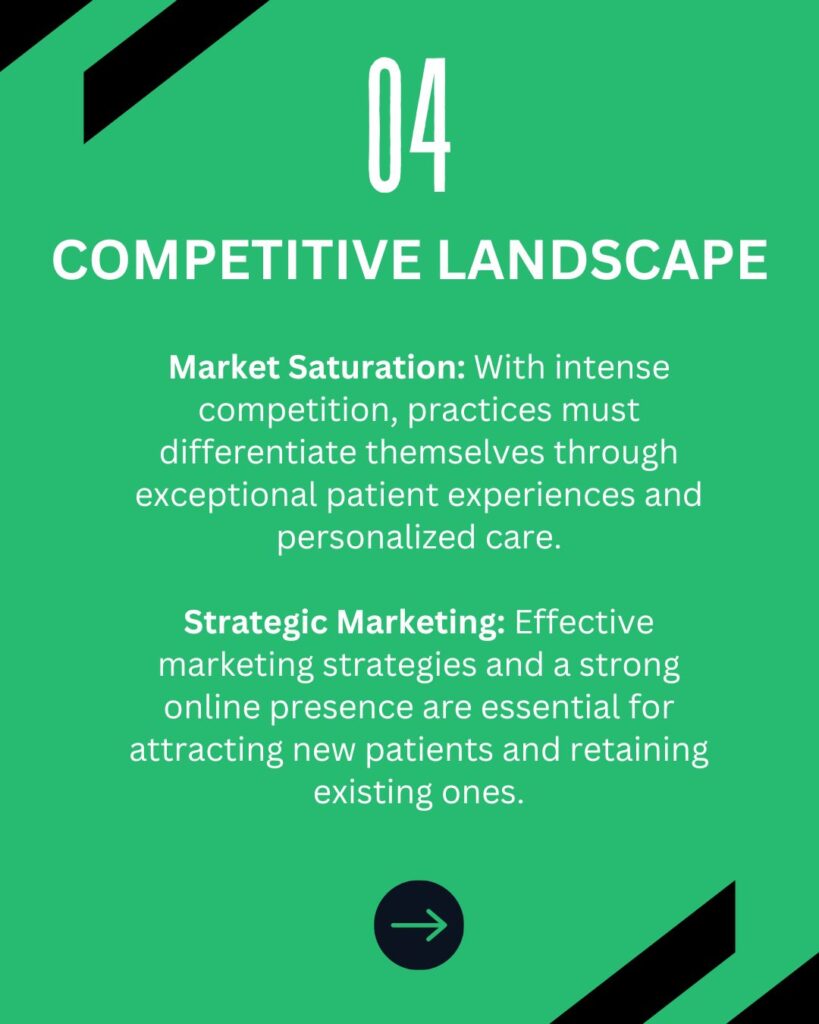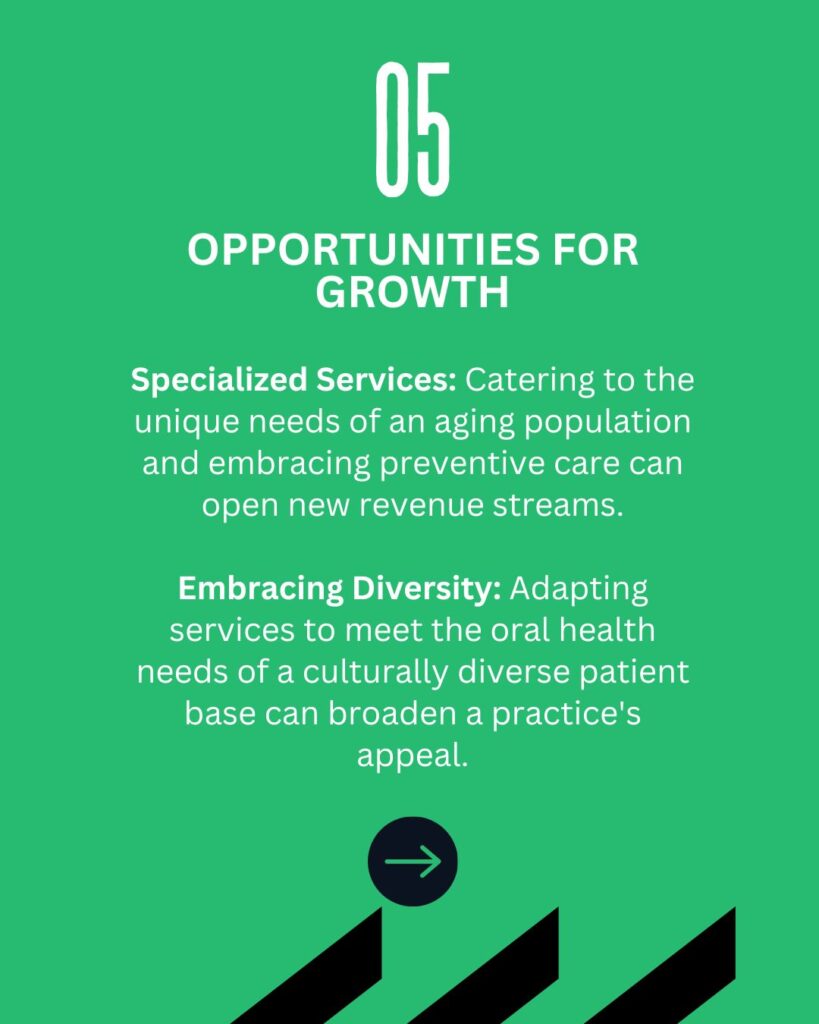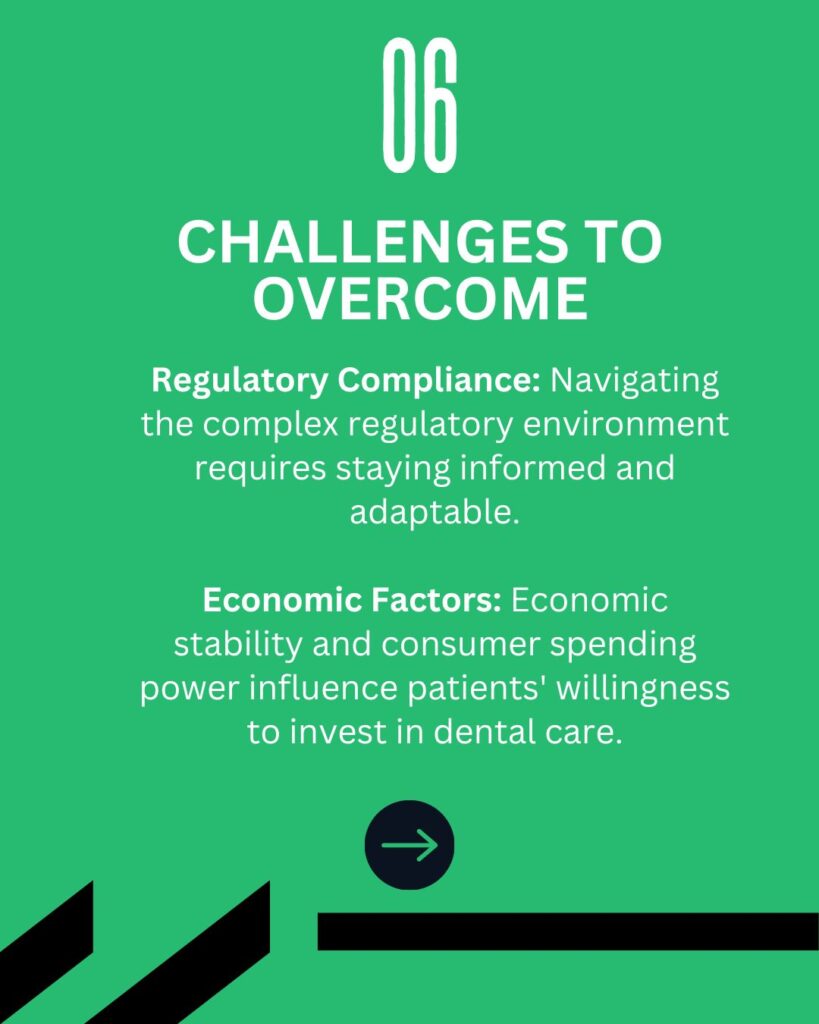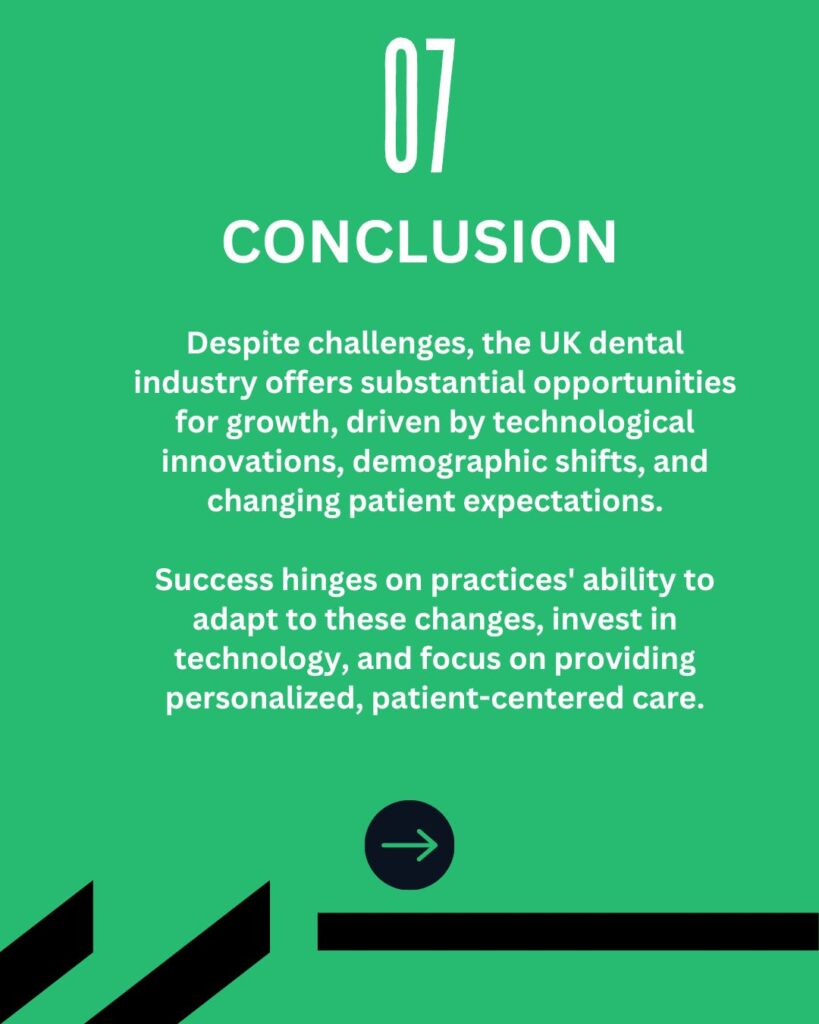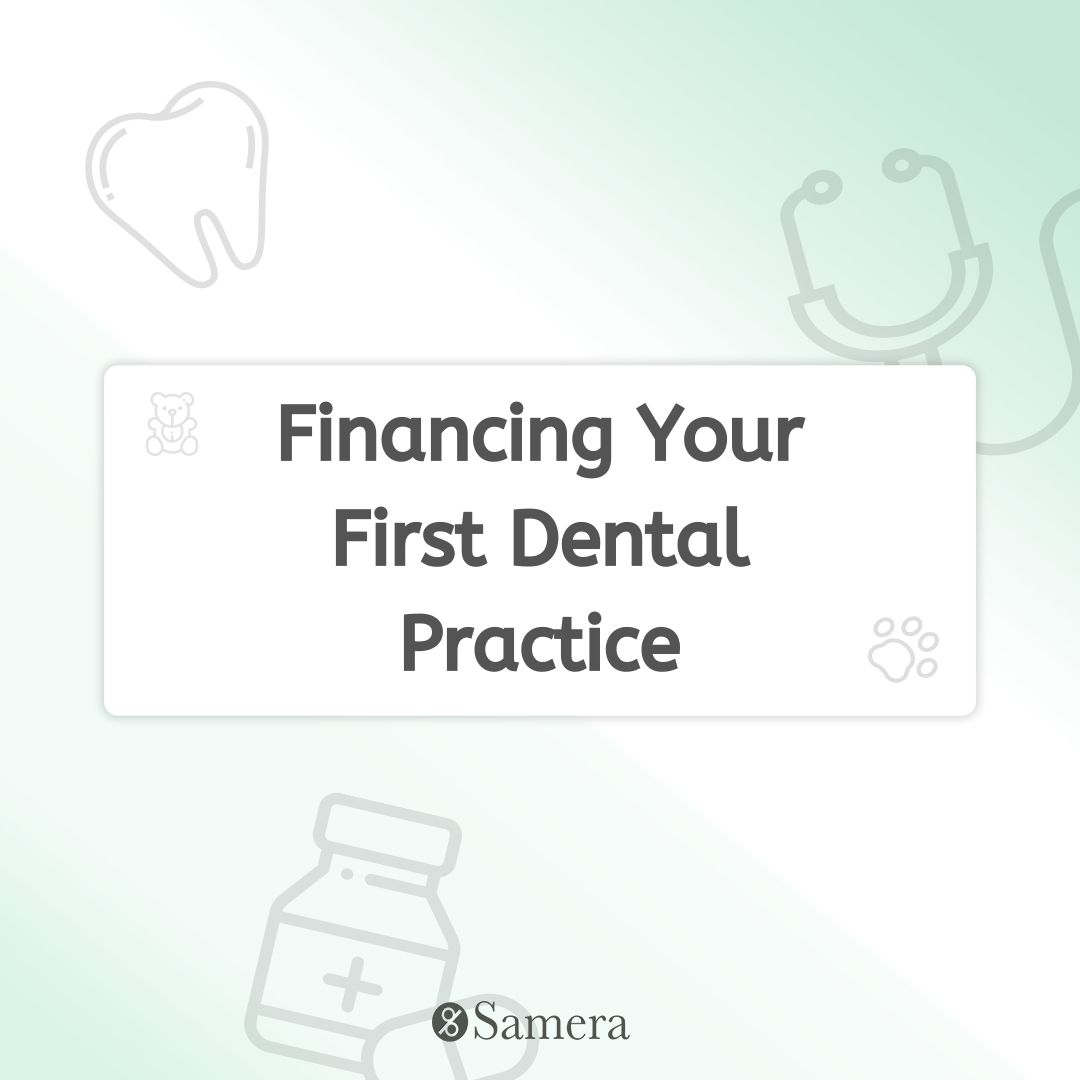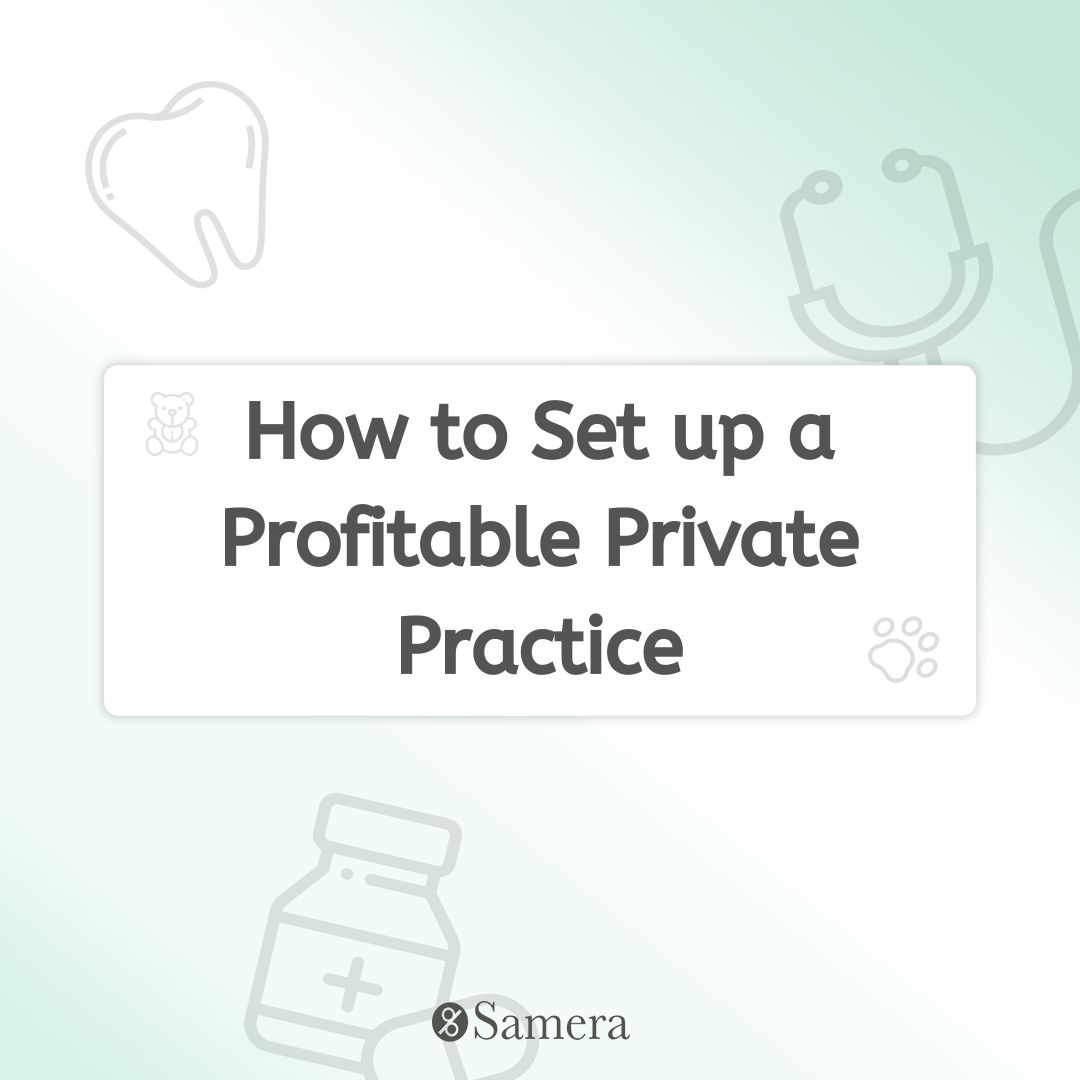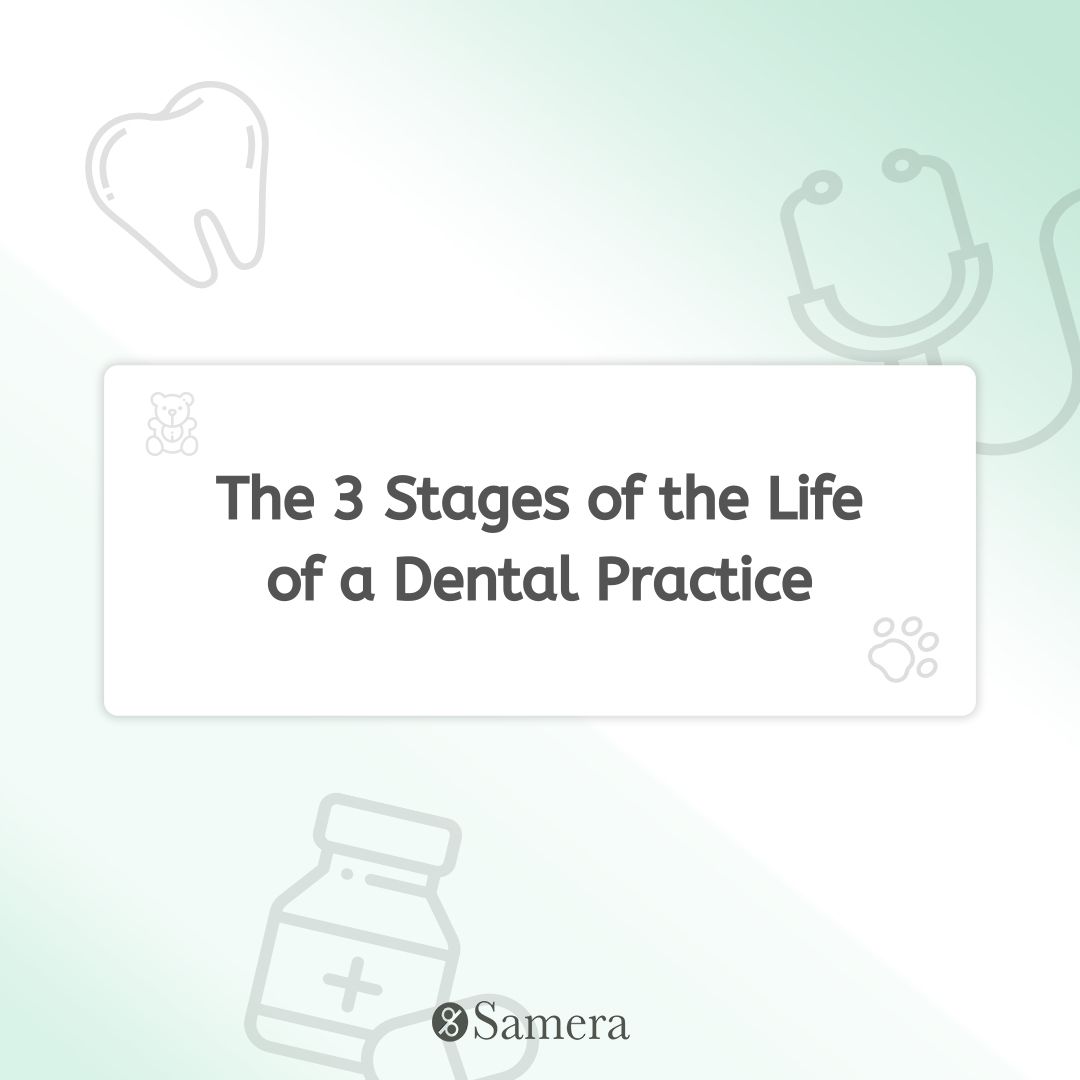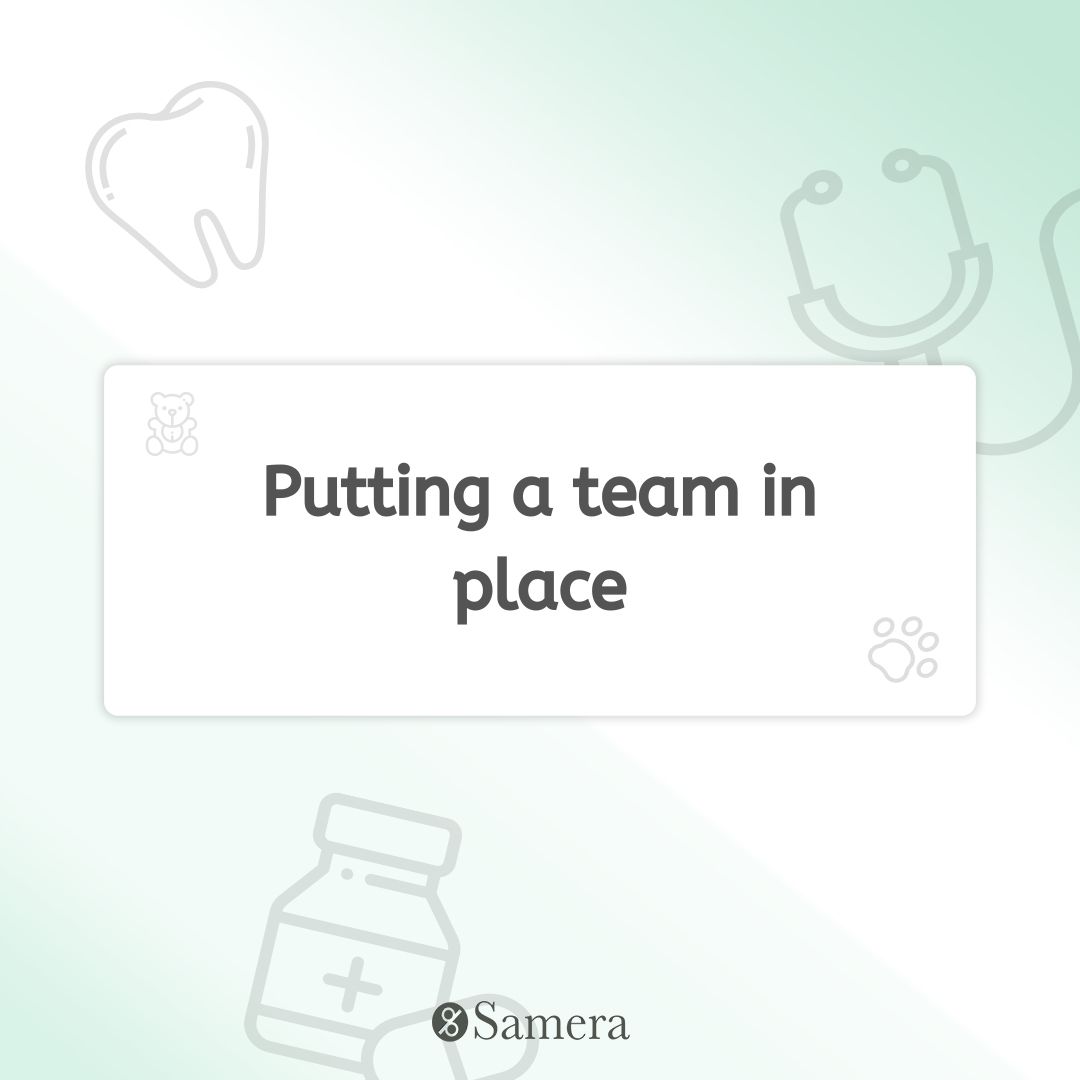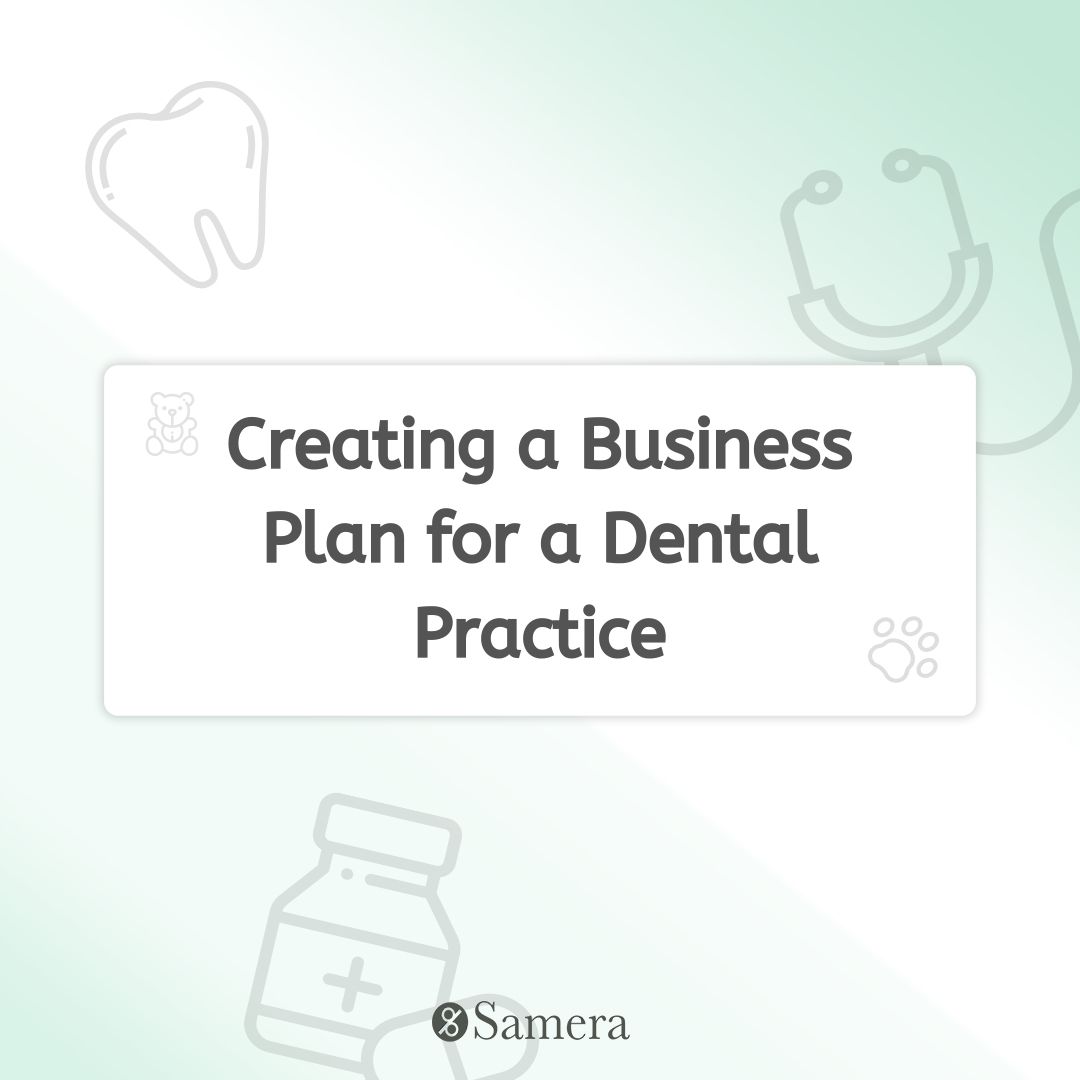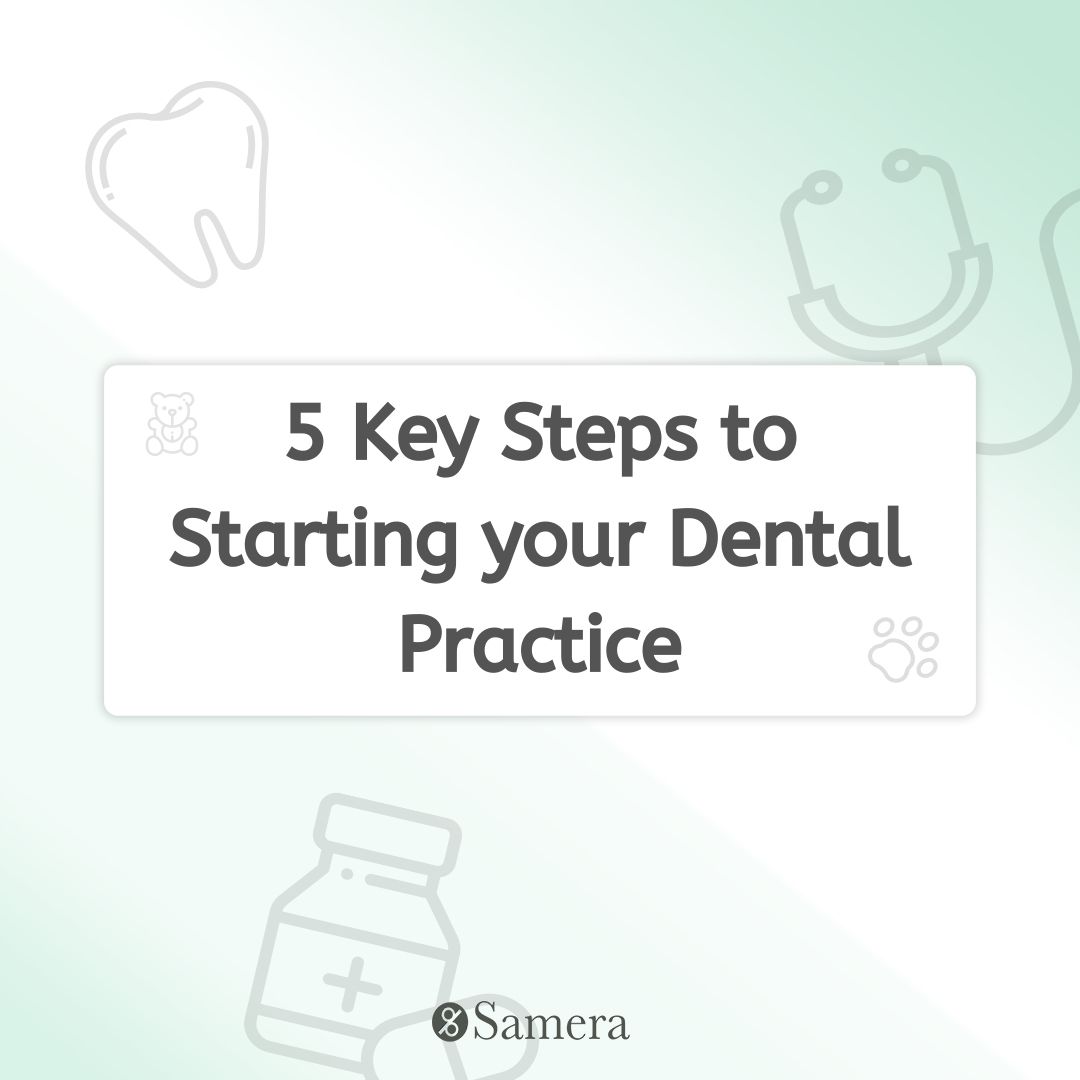In these episodes of the Dental Business Guide podcast, we take a look at the differences between leasehold and freehold properties and which one is better for a dental practice.
You can listen to all of the the Dental Business Guide podcast episodes here.
I often get the question should I get a leasehold or a freehold for a new start up practice? Whilst getting a freehold is something that many want, it’s not always the best premises to get.
Choosing how you own the place where you run your dental practice is a really important decision. There are two main ways people usually own property: leasehold and freehold. Each has its own good and not-so-good parts. The choice you make depends on your situation. In this guide, we’ll look into the differences between leasehold and freehold, their pros and cons, and what you should think about before making a final decision. Whether you’re just starting out or planning to move your practice, this guide will help you find the best way to own your dental space.
Understanding the difference between leasehold and freehold
When starting your dental practice, a big decision is whether to get a leasehold or freehold property. It’s crucial to understand the difference between these options to make a smart choice that aligns with your long-term goals and finances.
Let’s break down the terms. A leasehold property is like renting—you pay the owner to use the space for a set time. With a freehold property, you own both the land and building, giving you full control without dealing with a landlord.
Both options have their pros and cons. Leasehold properties often have lower upfront costs, which is great for new practices or those with limited funds. They also offer flexibility for moving or expanding. However, lease agreements come with restrictions, and you may face challenges when the lease ends.
On the other hand, owning a freehold property provides stability and potential value growth. You have full control to make changes and avoid ongoing rent payments. But the initial investment is high, and selling a freehold property can be more complicated than ending a lease.
Ultimately, the choice depends on your unique situation, finances, and long-term goals. To make a successful decision for your practice, carefully consider the pros and cons of each option and seek professional advice.
Click here to read our article on Should I Start or Buy a Dental Practice?
Pros and cons of leasehold for dental practices
When setting up or moving a dental practice, a crucial decision is whether to go for a leasehold or freehold property. Before you decide, it’s important to carefully weigh the pros and cons of each option.
Let’s look at the perks of leasing a dental practice building. One major advantage is the flexibility it offers. Leasing lets you choose a location that suits your needs, whether it’s in a busy commercial area or a quieter suburban spot. Leases also usually have shorter terms, making it easier to move or adjust to changing business needs.
Another plus is the lower initial costs linked with leasehold properties. Leasing generally requires a smaller upfront investment compared to buying a freehold property, making it especially beneficial for new dental practices or those with limited finances.
However, there are some drawbacks to leasehold properties that you should be aware of. The possibility of regular rent increases is a significant downside. Since leases often have set terms, landlords might raise the rent at the end of each term, impacting your profitability. You might also face restrictions on making changes to the property, as these alterations would need the landlord’s approval.
Moreover, leasehold properties come with the inherent risk of lease termination or renewal. If the landlord decides not to renew the lease or sell the property while you’re still there, you could encounter challenges based on your lease terms. Such situations have the potential to disrupt your dental practice, forcing you to relocate, which can be both time-consuming and costly.
In the end, whether you choose a leasehold or freehold for your dental practice depends on your specific circumstances and long-term goals. Analyzing your finances, growth expectations, and desired level of control over the property is crucial. Seeking advice from professionals like realtors, attorneys, and accountants can provide valuable insights and help you make an informed decision that aligns with your practice’s needs and aspirations.
Check out our podcast on How to set up or buy a dental practice
Flexibility in location and premises
When starting your dental practice, a big decision is whether to go for a leasehold or freehold property. This choice affects where you can set up and how you can use the space.
Location is the fundamental point when doing a start-up. If a freehold is available, ask yourself, why is it available in the first place? Is it because the current owner cannot rent it out, as it’s not in a great position or location? Or is it in a bad state of repair that needs much work to make it habitable?
Of course, a freehold in a strong location usually features a higher price tag, but sometimes you can get a good deal, but it’s rare, even in these times.
Leasehold properties offer flexibility in choosing a location. You can pick a spot that’s convenient for your patients, whether it’s in a busy city center or a bustling suburban area. Leaseholds often come ready to use, saving you money on setting up the space.
On the flip side, choosing a freehold property gives you long-term stability and control over your practice’s space. With a freehold, you own the entire property and can make any changes without asking the landlord. This lets you customize the space to fit your needs and create a unique environment that reflects your brand.
Consider your future plans and the growth potential of your dental practice. If you expect to expand your services or patient base, a freehold property may offer more room for growth compared to a leasehold, where you might be limited by the lease terms. However, keep in mind that freehold properties usually come with higher initial and ongoing maintenance costs, so it’s crucial to think about the financial side before deciding.
Ultimately, your specific needs and goals should guide your choice between a leasehold and freehold property. Consider factors like location, long-term plans, and financial feasibility as you weigh the pros and cons of each option. Making an informed decision ensures that you choose the option that best suits your practice and puts you in a good position for the long haul.
Lower upfront costs
When deciding between leasehold and freehold for your dental practice, the initial costs are a crucial factor.
Cheap rent, or a cheap freehold, usually means it is not going to be in a strong enough location to get the new patient visibility you desire, ultimately, you do get what you pay for. Whilst it may be tempting to get some premises for a squat, especially as there are so many empty units at the moment, do your research and make sure you choose a strong location with high visibility.
Leasehold arrangements usually mean renting a space for a set period, often with the option to renew the lease. Compared to buying a freehold property, leasehold options typically have lower upfront costs. Instead of a big lump sum payment, you’ll likely need to pay a security deposit or advance rent, making it more affordable for new dental practices or those with limited capital.
Moreover, leasehold agreements often make the landlord responsible for the property’s upkeep and repairs. This can shield you from unexpected expenses related to building renovations or fixes, as those are usually the landlord’s responsibility.
On the flip side, freehold properties involve buying both the building and the land. While this may require a significant upfront investment, there could be financial benefits in the long run. By owning the property, you have the potential for its value to increase over time, and you can also make changes or additions without needing approval from a landlord.
The decision between leasehold and freehold should be based on your specific situation, financial capacity, and the long-term goals of your dental practice. It’s crucial to carefully assess the upfront costs and consider how they align with your budget and plans.
Potential limitations and restrictions
When picking a leasehold or freehold property for your dental practice, it’s crucial to think about the potential downsides and restrictions that come with each choice.
One possible restriction of a leasehold property is the length of the lease agreement. Depending on what you negotiate with the landlord, you might only be able to use the property for a set period. This can limit your flexibility and long-term security, as you might need to rethink or find a new space when the lease ends. Also, leasehold properties often come with rules set by the landlord or property management, restricting certain activities or changes you can make.
In contrast, freehold properties give you ownership and control. Owning a freehold property means you can do whatever you want with the space without needing permission. This is especially valuable if you have specific needs for your practice layout or equipment. However, keep in mind that owning a freehold property also means taking on responsibilities and costs like property taxes, maintenance, and repairs.
Another potential obstacle to consider is the financial aspect. Leasehold properties often involve regular rental payments, which can impact your cash flow. On the other hand, buying a freehold property usually requires a larger upfront investment, including mortgage payments if financing is needed. To figure out which option is more financially viable for your dental practice, carefully assess your financial situation and projections.
Strong locations in town centers still command good rents. Yes, they may have dropped, but going in with a ridiculously low offer for a premium space may be tempting, but it’s likely to be ignored promptly too. Do your research properly, see who are the other occupiers, what terms can you realistically negotiate, are you in competition with others. Location is paramount when doing a start-up. Get this wrong and you will be facing an uphill battle from day one.
Ultimately, the choice between leasehold and freehold depends on various factors, including your long-term goals, financial capabilities, and the specific terms offered for each option. It’s advisable to consult with professionals like realtors, lawyers, and financial advisors who can provide valuable guidance and help you make an informed decision that aligns with your unique needs and circumstances.
Risk of rental increases and lease renewals
When deciding between a leasehold or freehold property for your dental practice, it’s crucial to think about the potential risks tied to rental increases and lease renewals.
Leasehold properties often come with the downside of regular rent reviews. These reviews can lead to significant hikes in rental costs, impacting your profit and long-term financial stability. It’s important to carefully review your lease agreement, especially regarding how often rent reviews occur and the potential magnitude of increases.
Lease renewals can also be a gamble for dental practice owners. When your lease term ends, negotiating a new lease with the property owner may be required. This can bring uncertainties and potential disruptions to your business operations. If property owners decide to raise rent, change lease terms, or not renew the lease at all, you might have to relocate your practice.
Choosing a freehold property, on the other hand, eliminates the risk of rental increases and lease extensions. As the sole owner of the property, you avoid the uncertainties that come with lease agreements. This provides more stability and allows you to plan for the long-term growth and success of your dental practice without worrying about unexpected changes in rental terms.
In the end, your dental practice’s specific situation and long-term goals should drive your choice between leasehold and freehold. It’s crucial to carefully weigh the potential risks and benefits associated with rental increases and lease renewals when making this important decision. Consulting with a legal expert and considering your financial capabilities will help you make an informed choice that best suits the unique needs of your practice.
Pros and cons of freehold for dental practices
Deciding between a freehold or leasehold property is a big deal if you want to own a dental practice. It’s crucial to think about the pros and cons of freehold before making a decision, even though both options have their perks.
One major advantage of owning a freehold property for your dental practice is the security it brings. You have the freedom to make any changes to the property without asking the landlord, as you fully own it with a freehold. This is especially helpful if you have long-term plans for your practice and want complete control over its physical space.
Additionally, owning a freehold property can be a wise investment. Property values usually go up over time, and if you decide to sell your dental practice later on, you might benefit from the increased property value. This can give you more financial flexibility and a significant return on your initial investment.
However, freehold ownership comes with its own considerations. The upfront cost of buying a property outright is a significant downside. It requires a substantial capital investment, which may be challenging for some dental professionals, especially those starting their practice or looking to expand.
Moreover, as the freehold owner, you’re solely responsible for the property’s upkeep. This means you’ll have to take care of any needed renovations or repairs, which could cost you more money and take up more of your time.
In summary, choosing a freehold property for your dental practice can provide a sense of security, investment potential, and full control over the space. However, the upfront costs and ongoing responsibilities of freehold ownership need careful consideration. By weighing the pros and cons, you can make an informed decision that aligns with your long-term goals and financial capabilities.
Did You Know?
- Rarely owned by the dentist: A 2022 survey by the Dental Elite found that only 40% of UK dental practices are freehold, highlighting the prevalence of the leasehold model. (Source: https://dentalelite.co.uk/)
- Potential hidden costs: Leasehold contracts often involve ground rent and service charges, which can significantly impact your annual expenses. (Source: https://www.ft-associates.com/)
- Potential for additional income: Owning the freehold allows you to rent out unused space to generate additional income, such as by partnering with another healthcare professional. (Source: https://dentalelite.co.uk/)
- Greater flexibility for expansion: Owning the freehold simplifies obtaining planning permission for property extensions or renovations to accommodate your practice’s growth. (Source: https://www.ft-associates.com/)
- Impact on borrowing costs: Lenders typically offer lower interest rates for freehold properties, reducing your long-term financing costs. (Source: https://www.ft-associates.com/)
- “Marriage value” can be significant: This additional value, reflecting the specific use as a dental practice, can substantially increase the property’s selling price. (Source: https://dentalelite.co.uk/)
Full ownership and control over the property
When starting your dental practice, one of the major decisions you’ll face is whether to have complete control over the property or go for a leasehold arrangement. This choice can have a long-term impact on the financial growth and stability of your practice.
Full ownership, also known as freehold, means you have total control over the property. You don’t need permission from a landlord to make any changes or improvements to meet your specific needs. This level of control allows you to create a space that reflects your practice’s brand and vision.
Moreover, full ownership offers the potential for long-term capital appreciation. As the property owner, you can benefit from any increase in its value over time, which can be a valuable asset for your business. Additionally, you won’t have to worry about rising rental costs or the possibility of being asked to leave when your lease ends.
However, it’s crucial to consider the financial impact of full ownership. Buying a property outright requires a significant upfront investment, which may not be feasible for every dental practice. Before choosing this option, carefully evaluate your financial situation and ability to secure financing.
Also, owning a property comes with additional responsibilities. You’ll be responsible for all costs related to upkeep, repairs, insurance, and property taxes. When assessing the financial viability of full ownership, it’s important to factor in these ongoing expenses.
In the end, the decision between full ownership and a leasehold arrangement depends on your specific circumstances and long-term goals for your dental practice. While full ownership provides unmatched control and potential financial benefits, it comes with a significant upfront investment and ongoing obligations. Take the time to weigh the pros and cons, consult with experts, and make an informed decision that aligns with the needs and expectations of your practice.
Potential for long-term financial benefits
When deciding between a leasehold or freehold property for your dental practice, it’s crucial to think about the potential long-term financial benefits. Each option has its pros and cons, so it’s important to assess which aligns best with your business goals and financial situation.
Leasehold properties often provide more flexibility in terms of location and budget. With a lease agreement, you can choose an ideal spot for your dental practice without the upfront costs of buying a property. This can be especially helpful if you’re just starting out or want to focus on marketing and equipment. Additionally, leasehold properties may come with shared maintenance responsibilities, reducing potential financial burdens in the long run.
On the flip side, freehold properties offer the potential for long-term financial stability and value growth. You have complete control over how the property is used and developed because you own it. You can benefit from both rental income and potential capital gains as property values increase over time. Owning a freehold property also gives you the flexibility to make changes and improvements without needing permission from a landlord.
However, the financial implications of owning a freehold property should be considered. Upfront costs, such as a larger initial investment and ongoing maintenance expenses, need to be factored into your decision-making process. Additionally, the property market can be unpredictable, and the value of your freehold property may fluctuate over time, impacting your long-term financial benefits.
In the end, the choice between leasehold and freehold for your dental practice depends on various factors, including your financial capabilities, business objectives, and long-term plans. To thoroughly evaluate your options and make an informed decision that aligns with the requirements and goals of your practice, it’s recommended to consult with a property specialist or financial advisor.
Higher upfront costs and maintenance responsibilities
When choosing between leasehold and freehold for your dental practice, a crucial factor to consider is the higher upfront costs and ongoing maintenance responsibilities associated with each option.
In the case of a leasehold, you might need to pay a lease premium and other upfront expenses like agent and legal fees. This initial financial commitment can be significant, requiring careful financial planning. You might also have to provide a personal guarantee or a rental deposit, adding to the initial costs.
Moreover, as a leasehold tenant, you’re responsible for ongoing upkeep. This includes following lease terms related to maintenance and improvements, as well as handling property repairs and maintenance. These costs vary based on the property’s condition and lease agreement terms. It’s important to factor in these ongoing costs when considering a leasehold option for your dental practice.
On the flip side, freehold ownership comes with a higher upfront cost but eliminates the need for ongoing rental payments. When purchasing a freehold property, you should consider the purchase price, legal fees, inspections, and potential renovation costs. Although the initial investment may be higher, you gain the advantage of complete ownership and control over the property.
Maintenance responsibilities for a freehold property rest solely on the owner. As the owner, you have the freedom to manage and maintain the property according to your preferences and needs. However, it’s crucial to allocate sufficient funds for any necessary repairs or improvements over time.
Your preferences, long-term goals, and financial situation will all play a role in deciding between leasehold and freehold for your dental practice. Before making an informed decision about which option is best for your dental practice, carefully evaluate the higher initial costs and maintenance obligations associated with each option.
Limited flexibility for relocation
When deciding between leasehold and freehold for your dental practice, consider how much flexibility you might need for potential moves.
With a leasehold property, you’re bound by the lease agreement’s terms, often for a set period. If you decide to relocate your dental practice during the lease, you could face challenges and costs associated with breaking the agreement. Moving a dental practice involves keeping patients, finding a suitable location, and transferring equipment and records. So, if you anticipate needing flexibility in the future, a leasehold property might not be the best fit.
On the flip side, opting for a freehold property provides more freedom and control. You can move your dental practice to a new location without being tied to a lease agreement because you own the property and can sell or lease it. This flexibility is valuable if you foresee the need to expand, downsize, or relocate your practice.
However, owning a freehold property comes with its own responsibilities, like covering the costs of repairs, upkeep, and property taxes. Owning a dental practice can be expensive, and it’s crucial to keep these factors in mind.
Are freeholds available in the UK? It depends where you are in the country. If you are in central London, then there’s not a lot of freeholds around. There are mostly leaseholds. But if you are out outside London, then there can be freeholds available. When people are looking at a leasehold, they seldom ask if the freehold is available, because very often the seller owns the freehold. Now, initially, they might not want to sell it, but when they realise how much it’s actually worth, they might want to sell it. And also just putting that idea into their head makes a big difference. And probably there are more freeholds becoming available around the country, mainly because shops and offices are becoming more vacant and high streets are becoming more occupied by service industries. So there’s every opportunity, especially if someone owns, let’s say they have four or five shops in a row, and three of them are vacant. You got to look at that and say, well, they’re not getting any rent. So they might be willing to sell one. So it’s always worth asking.
Ultimately, the choice between leasehold and freehold for your dental practice depends on various factors, including your long-term goals, financial situation, and the flexibility you desire. Carefully weigh the pros and cons of each option and consult with professionals, such as realtors and financial advisors, to make an informed decision that aligns with your specific needs and circumstances.
Factors to consider when choosing between leasehold and freehold
When deciding between leasehold and freehold for your dental practice, there are key factors to consider. Understanding the pros and cons of each option can help you make a well-informed decision aligned with your practice’s long-term goals.
Firstly, assess your financial situation. With freehold ownership, you have full control over the property and no ongoing rent payments. However, purchasing a property outright requires a substantial upfront investment, which might be challenging for many dental practices, especially those in their early stages.
On the other hand, leasehold arrangements offer more financial flexibility initially. Leasing allows you to save money that can be allocated to essential aspects of your practice, like staff and equipment. Nevertheless, carefully review the lease agreement, including rental terms, renewal options, and any potential restrictions imposed by the landlord.
Next, consider your long-term strategies. Leasing may be preferable if you plan to expand your dental practice or anticipate a future move. Shorter lease terms can help you assess your practice’s viability before committing to a long-term property investment. However, freehold ownership provides stability and the potential for property appreciation over time.
Also, factor in market dynamics and location. Evaluate the cost and availability of suitable properties in your desired location. Purchasing a freehold property can be a good investment, especially in sought-after areas with limited options. Leasing, on the other hand, offers flexibility and reduces financial risks in areas with a volatile market or uncertain growth prospects.
Lastly, seek professional guidance from real estate experts or attorneys experienced in commercial property transactions. They can guide you through the intricacies of leasehold and freehold arrangements, ensuring you are aware of your legal responsibilities, potential challenges, and negotiation opportunities.
The choice between leasehold and freehold for your dental practice depends on factors such as your financial capacity, long-term plans, market conditions, and preferences. By carefully considering these aspects and seeking professional advice, you can make an informed decision that best aligns with the needs and goals of your practice.
Long-term goals and plans for the dental practice
When deciding between leasehold and freehold for your dental practice, consider your long-term goals and plans. The type of ownership you choose can significantly impact the future stability and growth of your practice.
If you have a clear vision of expanding your practice, adding new services, or even opening multiple locations, freehold ownership provides greater flexibility and control. Owning the property outright allows you to make structural changes, expand the space, or implement necessary alterations without seeking permission from a landlord. This level of independence is valuable when customising your practice to meet specific needs and accommodating future growth.
On the contrary, a leasehold arrangement may be more suitable if your long-term plans focus on stability, maintaining your practice’s current size, and scope. Leasing offers advantages such as easier relocation in emergencies, lower maintenance costs, and reduced initial expenses. This option provides more flexibility in changing your practice’s location or downsizing if the need arises.
Consider the financial implications as well. Purchasing a freehold property requires a significant initial investment, including a down payment and mortgage payments. On the other hand, leasing typically involves monthly rental payments, which may be more manageable for some dental practices, especially those in their early stages.
Evaluate the local market conditions and trends. If property values in your area are rapidly increasing, a freehold property could be a good long-term investment with the potential for appreciation. However, if the market is uncertain or property values are stagnant, leasing might be a more prudent choice, helping you avoid potential financial risks associated with property ownership.
Understanding your long-term goals and plans for your dental practice is crucial when choosing between leasehold and freehold. By carefully assessing your growth potential, financial capabilities, and market conditions, you can make an informed decision that aligns with your vision for the future of your practice.
Financial considerations and budget constraints
When deciding between leasehold and freehold options for your dental practice, your financial situation and budget constraints are crucial factors. Both choices have their pros and cons, so it’s important to thoroughly examine the details before making a careful decision.
Leasehold arrangements typically involve renting a space from a landlord for a set period, often several years. Compared to purchasing a freehold property, this option usually requires a lower initial investment. Leasehold agreements may also provide more flexibility, making it easier to move or expand your practice if necessary.
However, it’s crucial to fully assess the financial implications of leasing. Consider monthly rental expenses, additional fees or service charges, and the possibility of lease increases over time. Renting may result in long-term costs that could impact your practice’s profitability, especially if rental rates significantly rise.
On the other hand, freehold ownership gives you complete control over your practice’s premises. It offers stability and the potential for long-term investment. Purchasing a freehold property allows you to potentially benefit from property appreciation over time and build equity.
Nevertheless, acquiring a freehold property requires a substantial initial investment, including higher mortgage payments, legal fees, and down payments. It’s important to consider the impact on your cash flow and overall budget when assessing your financial capabilities.
A financial advisor or accountant can assist you in evaluating your financial situation and provide insights into the long-term financial implications of each option, helping you make an informed decision. Additionally, consider your practice’s growth plans, future needs, and how the chosen course of action aligns with your business objectives.
Remember that every dental practice is unique, and what works for one may not work for another. By carefully assessing your financial considerations and budget limitations, you can make a decision that best suits your practice’s needs and lays a solid foundation for its future success.
Location and market dynamics
The success of any dental office relies heavily on its location. It can impact how accessible, visible, and busy your practice is. When deciding between leasehold and freehold options for your dental practice, it’s crucial to thoroughly analyse the location and market dynamics of the area.
Start by assessing the demographics of the location. Look at factors like population density, age groups, income levels, and overall dental health awareness in the area. Understanding your target market will help you estimate the potential patient base and the demand for dental services.
Market dynamics are equally important. Research the local competition, identify the number of existing dental practices, and understand their specialties. This insight will help you gauge the level of competition you might face and assess the market saturation. Additionally, explore the area’s potential for growth, considering any upcoming changes or developments that could impact the demand for dental services.
Consider accessibility and convenience factors. Evaluate proximity to public transportation, parking availability, and major roads. An easily accessible location with ample parking options can attract more patients and enhance their overall experience.
The visibility of the practice is another aspect to consider. Being in a popular commercial area or on a busy street can increase brand awareness and attract new patients. However, if your practice relies heavily on referrals, being situated in a medical complex or close to other healthcare providers may be advantageous.
In summary, conducting a thorough analysis of the location and market dynamics is crucial when choosing between leasehold and freehold options for your dental practice. Understanding demographic factors, competition, growth potential, accessibility, and visibility will help you make an informed decision that aligns with your practice goals and target market.
Click here to read our article on How to market a dental practice.
Personal preferences and risk tolerance
Choosing between leasehold and freehold for your dental practice involves considering your personal preferences and risk tolerance. These factors are crucial in determining the best option for your practice, as each choice comes with its own set of advantages and disadvantages.
Some dentists may prefer the flexibility and lower upfront costs associated with a leasehold arrangement. Leasing allows you to occupy a space without the long-term commitment and financial burden of purchasing a property. It provides an opportunity to test the viability of a location or practice before making a full commitment. Additionally, lease agreements often include maintenance and repairs as part of the contract, relieving you of these responsibilities.
On the other hand, dentists who value stability and long-term investment may lean towards freehold ownership. Complete control over your practice’s location and the ability to make necessary changes or improvements come with owning the property outright. Furthermore, it offers the potential to build equity and generate additional income by renting out unused space.
Considering your risk tolerance is also crucial. Property ownership entails risks such as market fluctuations and responsibility for upkeep and repairs. If you are willing to take on these responsibilities and have a higher risk tolerance, freehold ownership might be a better fit for you. Conversely, if you prefer to focus solely on your dental practice and have a lower risk tolerance, leasing may be a more suitable option.
Ultimately, the decision between leasehold and freehold depends on your personal preferences, financial situation, and the long-term goals of your dental practice. Carefully evaluating your needs and weighing the pros and cons of each option will help you make a decision aligned with your vision for the future of your practice.
Examples of dental practices choosing leasehold or freehold
Let’s explore some examples to help you make an informed decision on whether to choose leasehold or freehold for your dental practice. These case studies offer valuable insights into the experiences of dental practice owners who have opted for these choices in the past.
Case Study 1, keeping costs lower: Dr. X, a well-trained dentist, decided to establish her own dental clinic in a bustling downtown area. After careful consideration, she opted for a leasehold property. Her decision was mainly influenced by the prime location of the building, ensuring a continuous flow of potential patients. By choosing a lease, Dr. Smith avoided the high initial costs associated with purchasing a freehold property in such a sought-after location.
Case Study 2, more control: Dental Group X, a multi-location group practice, chose the freehold option for their main clinic. With plans for long-term customization and expansion to accommodate their growing patient base and specialised services, they wanted the freedom to make necessary changes without landlord approval. Owning the property gave them control, allowing them to save costs in the long run and have more say in their practice’s physical space.
Case Study 3, more flexibility: Dental Practice X, a newly established dental practice opted for a leasehold property in a suburban area. As a startup, they were attracted to leasing due to lower initial costs. The flexibility in lease terms allowed them to relocate or expand as their practice grew. This choice enabled them to focus their initial investments on acquiring cutting-edge equipment and hiring skilled staff.
These case studies highlight that factors such as location, financial considerations, long-term goals, and the need for flexibility all play a role in the decision between leasehold and freehold ownership. By examining your specific needs and learning from real examples, you can make an informed decision aligned with the unique circumstances and expectations of your dental practice.
Expert advice and considerations from industry professionals
When deciding between leasehold and freehold options for your dental practice, it’s crucial to seek guidance from experts and consider the insights of professionals in the field. These specialists can provide valuable advice based on their experience and knowledge of the dental industry.
Financial considerations are paramount. Consulting with a financial advisor specializing in real estate and business properties can help you understand the long-term financial implications of each option. They can analyze your practice’s financial health, projected growth, and market conditions to determine which option aligns better with your goals.
Additionally, connecting with a commercial real estate agent experienced in dental properties is a wise move. They can offer insights into your location, market trends, and potential opportunities that may influence your decision. Their expertise can help you assess the pros and cons of leasehold and freehold properties in specific areas and identify any potential challenges or advantages.
For legal aspects and consequences related to leasehold and freehold options, legal professionals, particularly those specializing in commercial real estate, can provide invaluable assistance. They can review contracts, lease agreements, and property documents to ensure you are fully aware of your rights and any limitations as a tenant or owner.
Industry associations and dental practice experts can also offer valuable insights into the practical considerations of buying or leasing a dental practice. They can provide information on licensing requirements, regulatory compliance, and operational considerations tailored to the dental profession.
In conclusion, seeking advice from these industry experts will help you make an informed decision that considers market conditions, growth plans, location, legal considerations, and other factors crucial to the success of your dental practice. Their expertise will ensure that you choose the option that best suits your unique needs and goals.
Assessing the potential return on investment for leasehold and freehold options
When deciding between leasehold and freehold options for your dental practice, it’s crucial to assess the potential return on investment. This evaluation will help you determine the option that best aligns with your long-term success and financial goals.
When considering a leasehold option, carefully examine the terms and conditions of the lease agreement. Factors like the lease term, lease accelerations, and potential limitations affecting your practice’s growth should be taken into account. Additionally, assess the costs associated with leasehold improvements and ensure they fit within your budget.
On the other hand, opting for a freehold property means you have complete ownership of the premises, providing stability and the potential for long-term financial gains. However, it’s vital to evaluate the initial investment required to purchase the property and any potential ongoing costs for maintenance and repair.
A lot of people look at the asset value and say, oh, that’s a marvellous asset value, but then look at the damage to kind of cost you. So, if you’re buying a three- or four-pound freehold, as opposed to buying a 2-million-pound freehold, there’s a big difference in cost. So, you’ve got to be careful. The lenders will want to look at what profit the business makes, how that will play out, how profit will be distributed between the owner of the business because obviously, you need to get paid for doing the work, and also the bank. And they will build certain things into that, and they will build certain buffers and reservations in there to protect them and to protect the owner. There are things other people don’t understand, they think the rent or the business can afford just to cover that mortgage but, in most cases, the banks will want that covered one and a half, one and a quarter time, because that buffer allows for interest rates to go up even further in and not hurt the business. If you’re buying the business without the freehold, obviously, they require a huge amount of information. Because they’re going to lend it unsecured.
The lenders will lend you the money for a freehold for over 20-25 years, on average, sometimes a bit longer. If you’re buying the practice at the same time, they will often then give you 20 years to repay the purchase price of the practice as well. Whereas if it’s leasehold, it will be a maximum of 15 years. So that extra five years would bring down your costs on purchasing the actual business quite considerably. The fact is that on most freeholds when you’re buying premises for your binding existing practice, lenders will give you 100%. So you haven’t got to put a deposit down and that is a huge advantage. Because if you are doing a startup, for instance, any sort of startup business, the banks will then lend you 70%. So being an owner gives you the advantage of them lending you all the money, so you don’t put any money in yourself for the freehold, you only have to find the money for the purchase of the business and you get the extended term for the actual business as well.
To make an informed decision, consider conducting a thorough cost-benefit analysis. Calculate the expected return on investment for both leasehold and freehold options, taking into account factors such as your practice’s expected growth, market trends, and the potential resale value of the property.
Seeking advice from professionals, such as financial advisors or commercial real estate specialists, is advisable. Their expertise can provide valuable insights and guidance in navigating the complexities of evaluating the potential return on investment.
Remember that every dental practice is unique, and what works for one may not work for another. By carefully assessing the potential return on investment for leasehold and freehold options, you can make an informed decision aligned with your practice’s financial objectives and set the groundwork for its long-term success.
Practical tips for negotiating lease agreements or purchasing a freehold property
When deciding between leasehold and freehold for your dental practice, it’s crucial to consider the practical aspects of negotiating lease agreements or acquiring a freehold property. Utilise these tips to navigate the process and make an informed decision that aligns with your practice’s requirements.
- Clarify your long-term goals: Before entering negotiations or making purchases, have a clear understanding of your dental practice’s long-term objectives. Plan for growth, potential expansion, and financial security. This clarity will help you determine which option aligns better with your goals.
- Seek professional advice: Consult with experts like a dental-focused commercial real estate agent or real estate attorney. Their expertise can provide valuable insights and guidance throughout the buying or negotiating process, ensuring informed decisions based on accurate information.
- Analyse the local market: Thoroughly investigate the local real estate market, including lease rates and property prices for dental practices. Understanding market dynamics will empower you to negotiate or purchase with confidence.
- Evaluate lease terms or freehold conditions: Carefully review the terms of a lease agreement or the conditions for purchasing a freehold property. Pay attention to any restrictions that may impact your dental practice, such as rent increases, lease duration, and maintenance obligations. Ensure the terms align favourably with your practice’s requirements.
- Negotiate favorable terms: If opting for a leasehold property, negotiate the details of the lease agreement. Work closely with your agent or attorney to secure favourable conditions, such as rent caps, renewal options, or the inclusion of necessary equipment or fixtures. These terms can significantly impact your dental practice’s long-term success and profitability.
- Consider financial aspects: Compare the costs associated with both options. Contrast leasing costs, such as monthly rent and maintenance, with the expenses of purchasing a freehold property, including mortgage payments, insurance, and property taxes. Evaluate your practice’s income, budget, and long-term financial projections to make an informed decision.
Remember, your dental practice’s choice between leasehold and freehold ownership is significant and can impact its success. By following these helpful tips and seeking professional advice, you can confidently navigate the negotiation or purchasing process and select the option that best suits your practice’s needs and goals.
In the big picture, choosing between leasehold and freehold for your dental practice is a decision that should not be taken lightly. It requires careful consideration of various factors, including your long-term goals, financial capabilities, and the specific needs of your practice.
For those who are starting out or uncertain about future plans, leasehold might be attractive due to its flexibility and lower initial costs. Leasing allows you to use the space for a defined period, offering the option to relocate or expand as your practice develops. However, a thorough review of the lease agreement is crucial to ensure it aligns with your practice’s goals and is financially viable, considering factors like lease term and rent escalations.
On the flip side, freehold provides ownership and stability. It eliminates the risk of rising rental prices and grants full control over your practice’s location. Property ownership can also present future investment opportunities. Nonetheless, it comes with a significant upfront investment and ongoing maintenance costs, making it unsuitable for all dental practices.
Ultimately, the decision between leasehold and freehold should be based on a comprehensive assessment of your practice’s unique circumstances. Seeking professional advice from a commercial property expert and financial advisor is advisable to evaluate the financial implications and long-term viability of each option.
Remember, choosing the right property arrangement for your dental practice can significantly impact its success and growth. Making an informed decision sets a solid foundation for your practice’s future, creating a conducive environment for delivering quality dental care to your patients.
Additional resources and references for further exploration
There are numerous extra sources and references available to help you make a well-informed decision if you’re still unsure about choosing between a leasehold or freehold option for your dental practice. To learn more about the pros and cons of each option, consider exploring these resources.
Connecting with industry experts, such as real estate professionals or property advisors specialising in commercial properties for dental practices, is a valuable resource. With their market experience, they can offer tailored guidance based on their knowledge.
Additionally, there is a wealth of online articles, forums, and blogs discussing leaseholds and freeholds in the context of healthcare practices. These resources often feature case studies, expert opinions, and real-world examples, providing deeper insights into the implications and factors associated with each option.
Industry affiliations and associations related to dentistry may have resources available to their members. These resources, including publications, webinars, and workshops on property ownership, can offer valuable insights from dental professionals and assist in understanding the nuances of each option.
Lastly, engaging in conversations with other dental practice owners who have navigated the decision between leasehold and freehold ownership can be beneficial. Their firsthand experiences can provide practical advice and a better understanding of the potential challenges and benefits associated with each choice.
By utilising these additional resources and references, you can ensure that you have all the information needed to make a well-informed decision aligning with the specific needs and goals of your dental practice.
Ultimately, the right choice depends on your unique situation and long-term goals. Each option has its pros and cons. By thoroughly pondering the factors highlighted in this post—like financial implications, flexibility, and potential for future growth—you’ll be equipped to make a well-informed decision that aligns with your dental practice’s needs. Remember, seeking advice from a real estate agent or attorney is crucial to ensure the best decision for your practice’s future prosperity.
Our Expert Opinion
Sadly, I have seen too many people focus on buying a freehold for their dental clinic at the detriment of getting the right location.
If you are going to be running a dental clinic the most important thing is to get the location right as this will help the business grow and thrive.
Often the best locations are not available as a freehold but instead as a leasehold. In my view, go for the best location to make your business work. However, if the freehold is available, and you can fund it, then of course buying the site can be a good idea if you are certain on the location.
One good idea we tell our clients is if they find a location, take the leasehold, but have drawn up in the agreement that if you the landlord does decide to sell, that you have the first right of refusal to purchase it. This can allow you to set up your business under a leasehold and then potentially down the line buy the freehold.
Bottom line, focus on the location to make your clinic thrive, and if the freehold is available then go for it – otherwise tread carefully!
Reviewed By:
Nigel Crossman
Head of Commercial Finance
Nigel is a former banker and head of commercial finance at Samera. He specialises in raising finance, negotiating deals and structuring finance applications for healthcare businesses.
Dan Fearon
Finance Manager
Dan is a former banker and the head of our dental practice sales team. He specialises in asset finance for healthcare businesses and dental practice sales.
Buying a Dental Practice: Get Started
When buying a dental practice (especially if it’s for the first time), you need the competent hands of qualified professionals. Not only have we been helping the UK’s dentists to buy, start and sell dental practices for over 20 years, we are dental practice owners ourselves! We know what it takes to buy the right dental practice, we can help you find it, buy it and get it up and running.
Book a free, no-obligation consultation with one of our team at a time that suits you (including evenings). We’ll call you back and have a chat about how we can help buy your dream practice.
With Samera Business Advisors you can rest easy knowing that your investment is secure and your future is brighter. Contact us today so we can help plan for your tomorrow.
Learn More: Buying a Dental Practice
For more information please check out the articles and webinars in the buying a dental practice section of our Learning Centre like the Guide to Buying a Dental Practice.
Make sure you never miss any of our articles, webinars, videos or events by following us on Facebook, LinkedIn, YouTube and Instagram.
